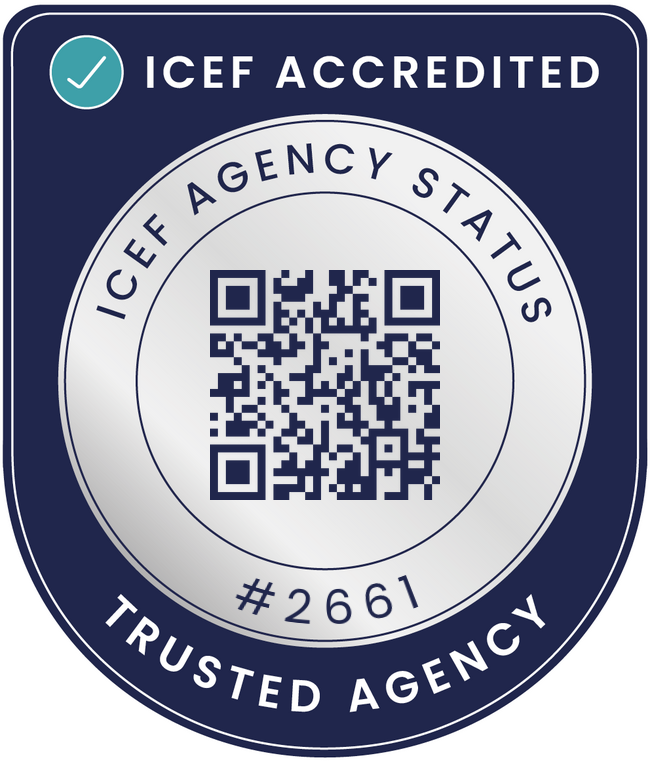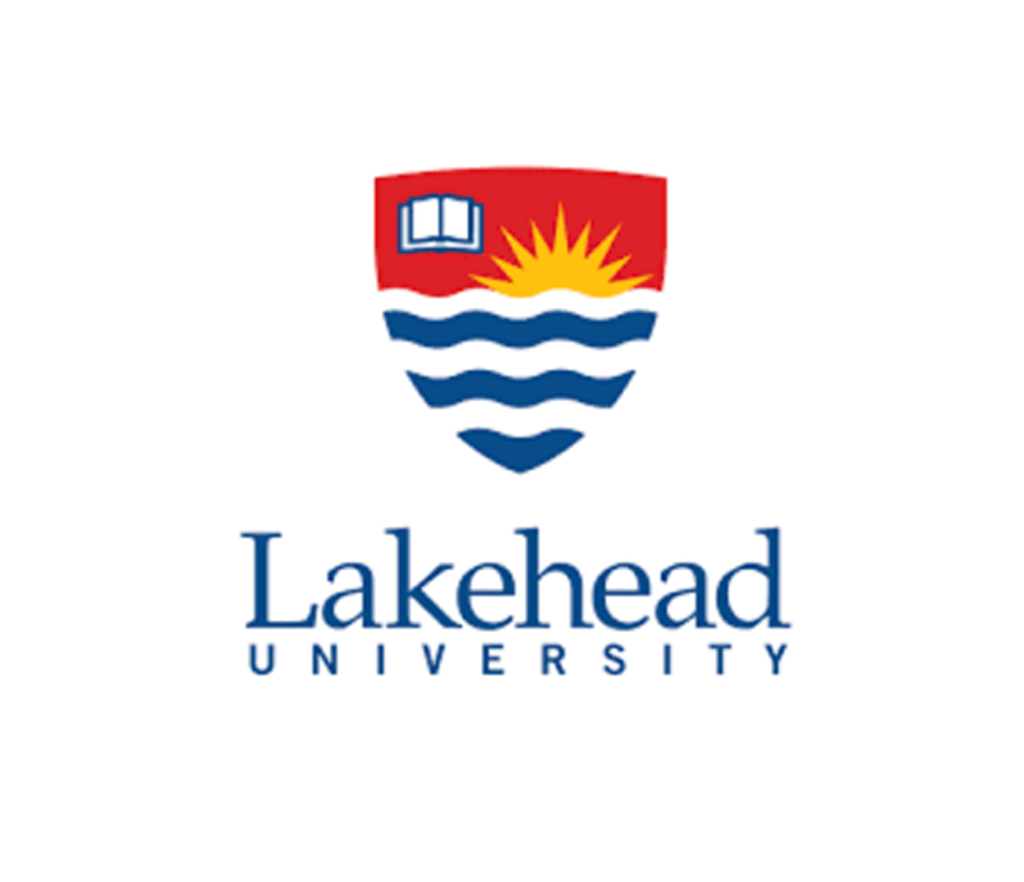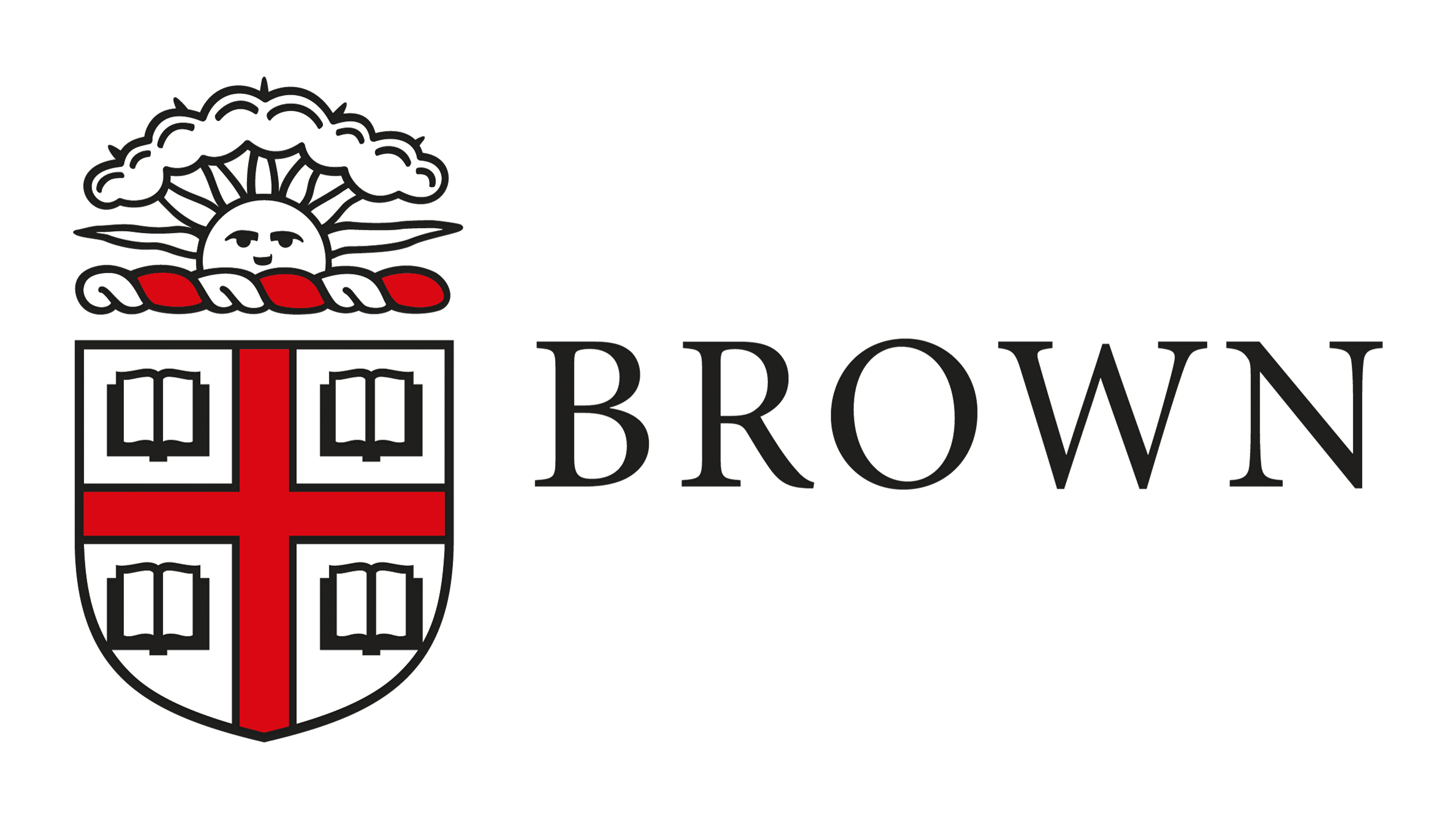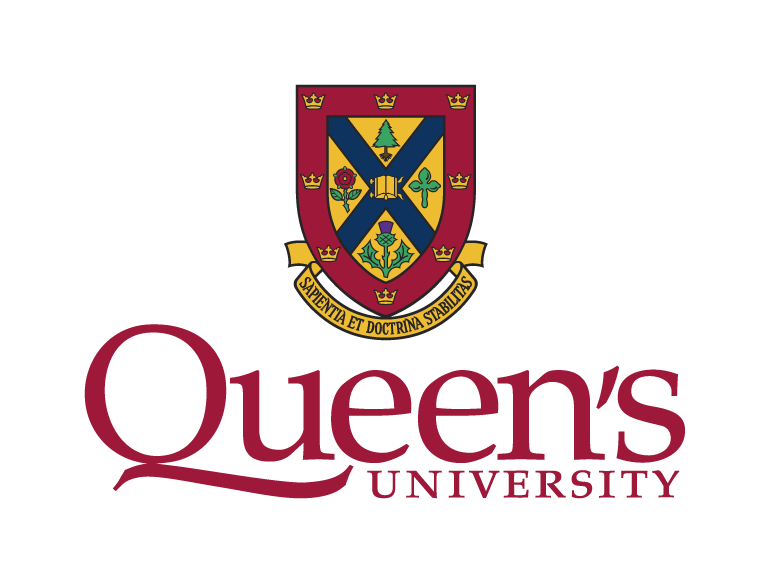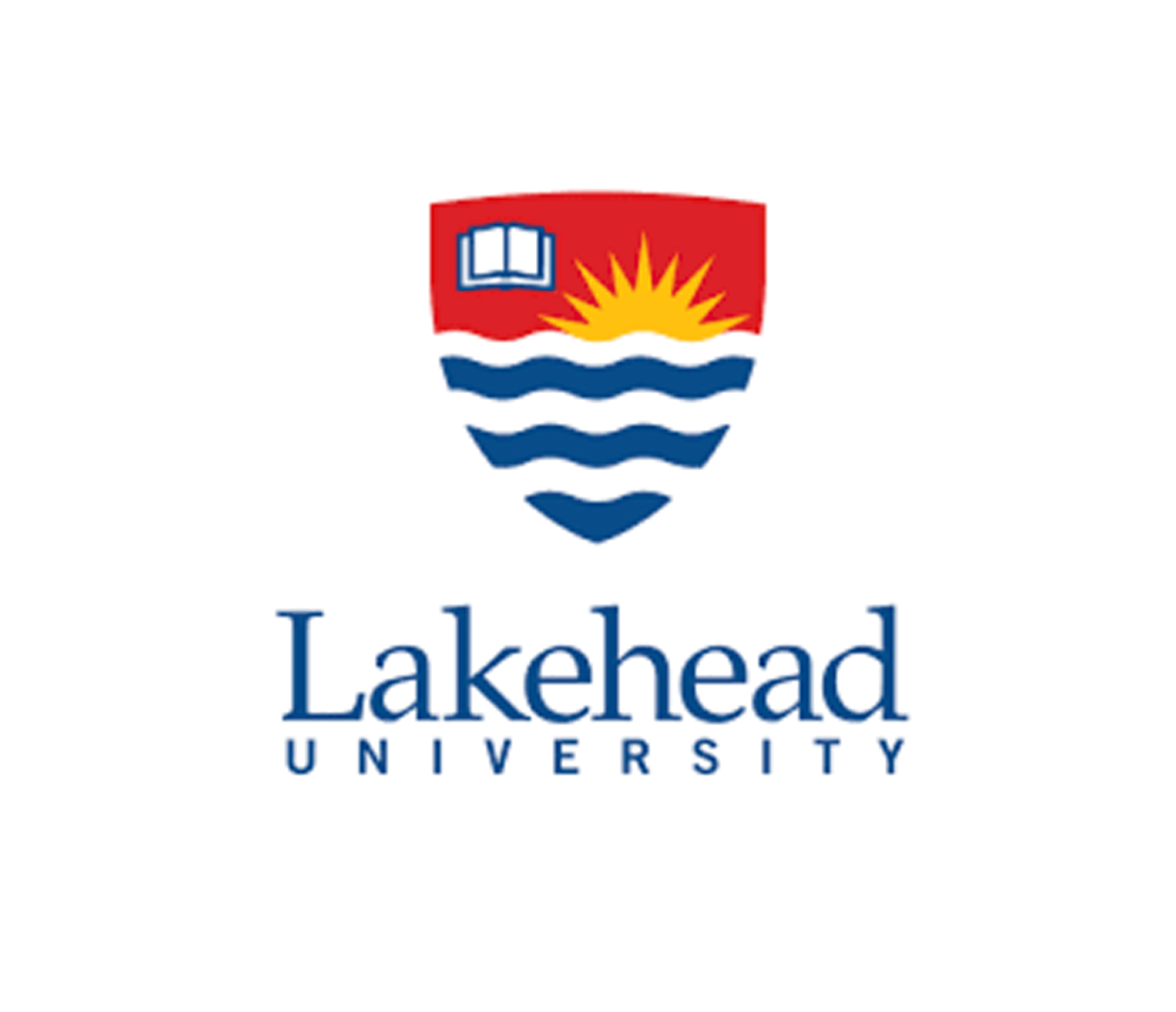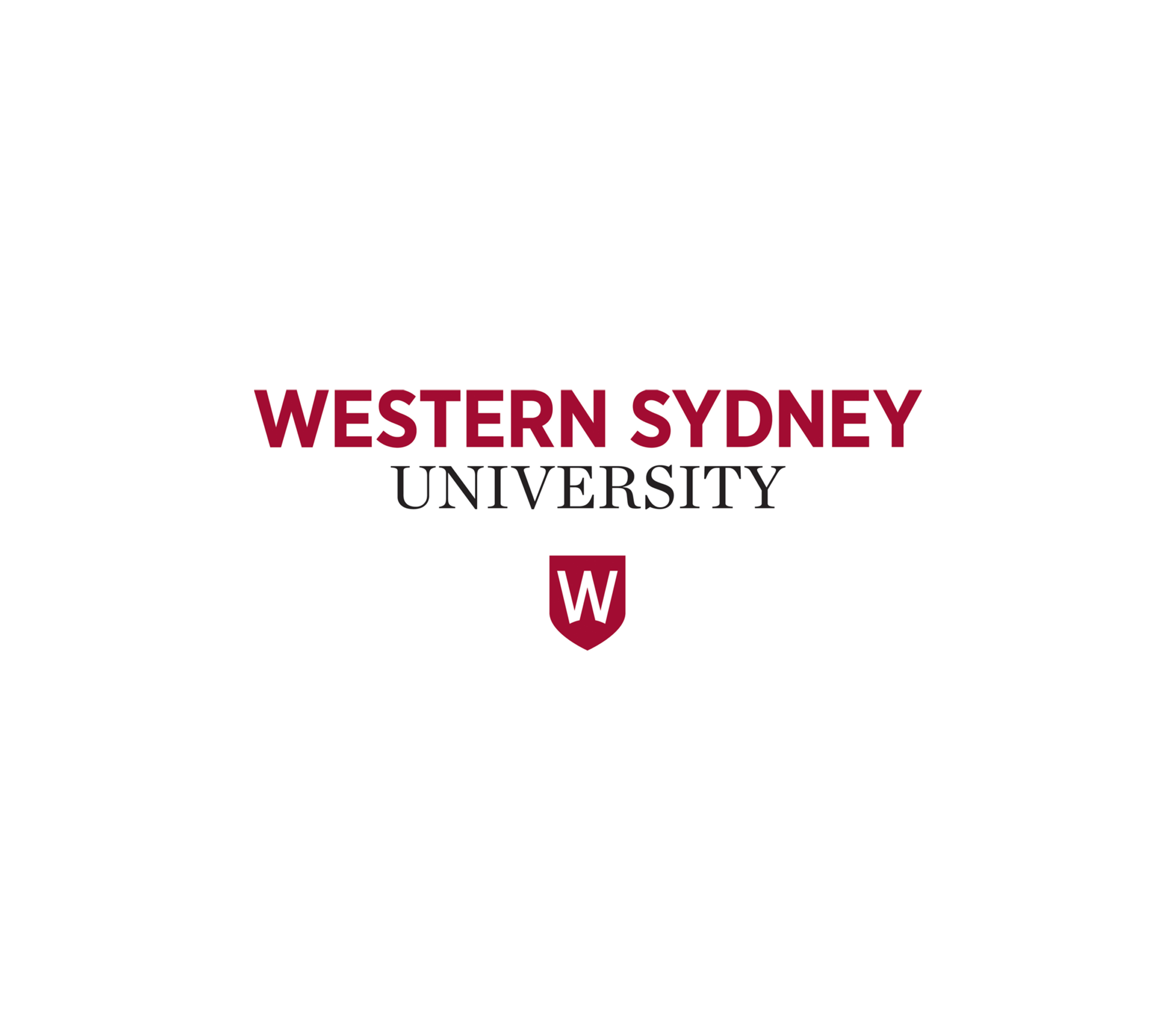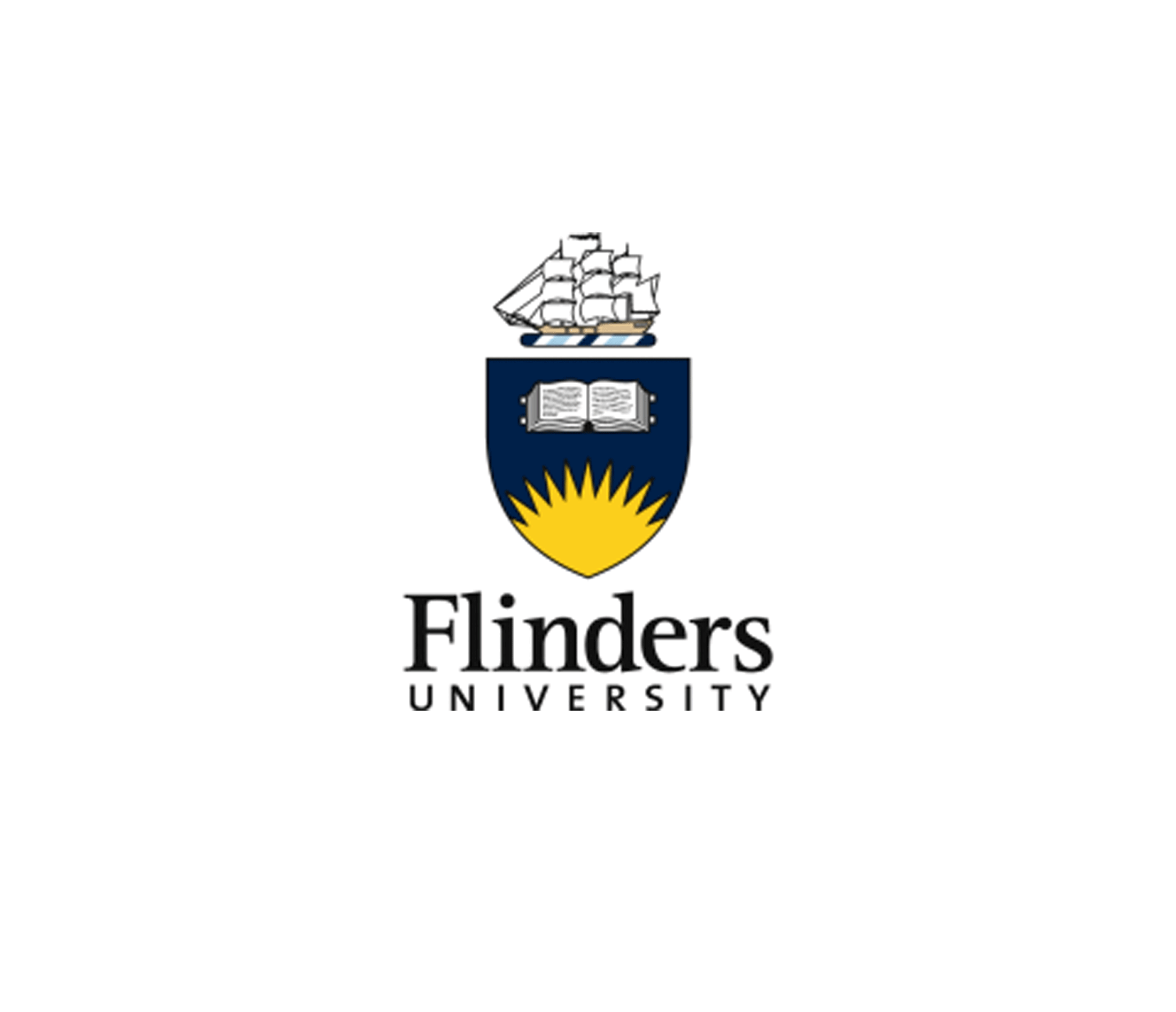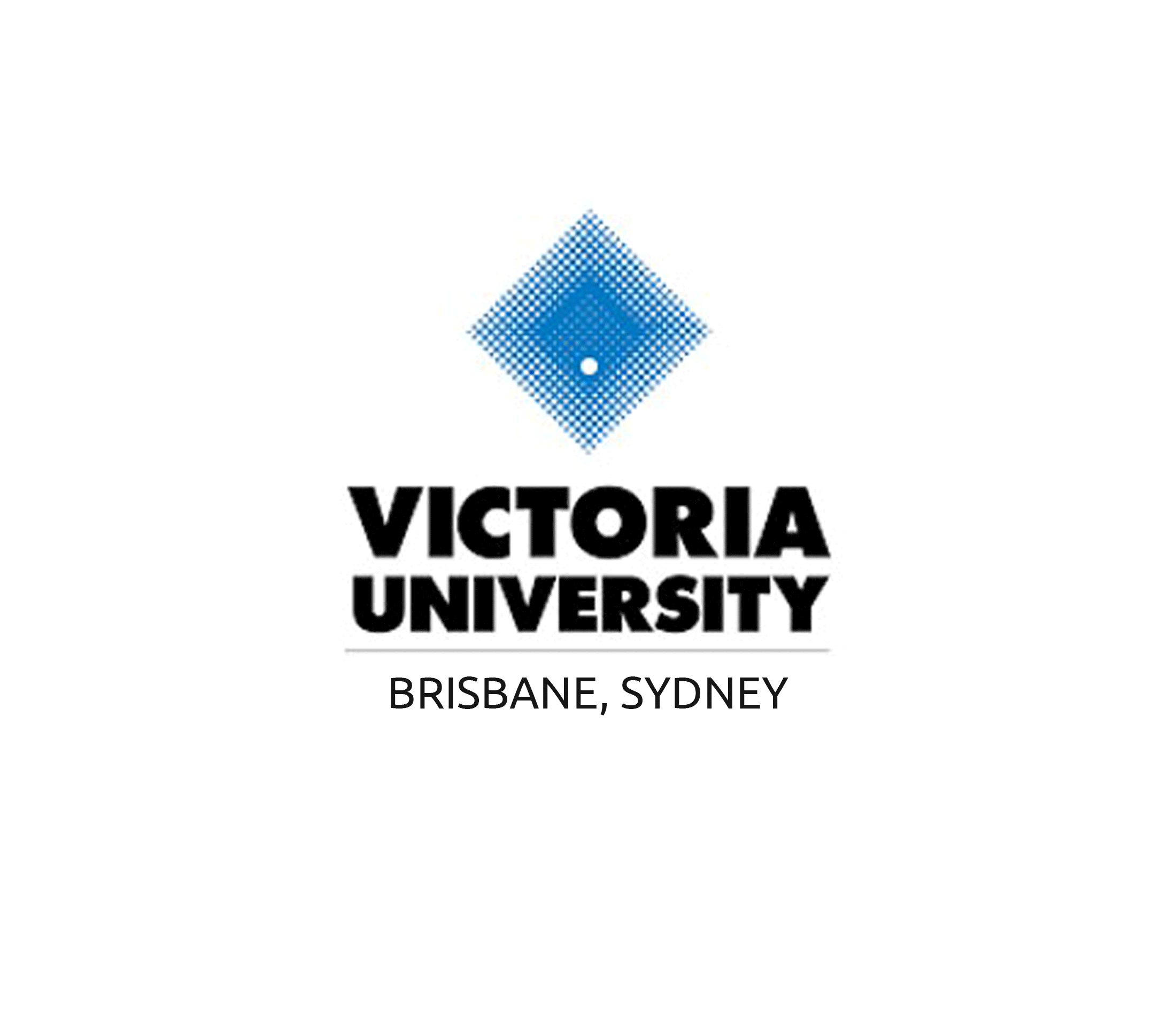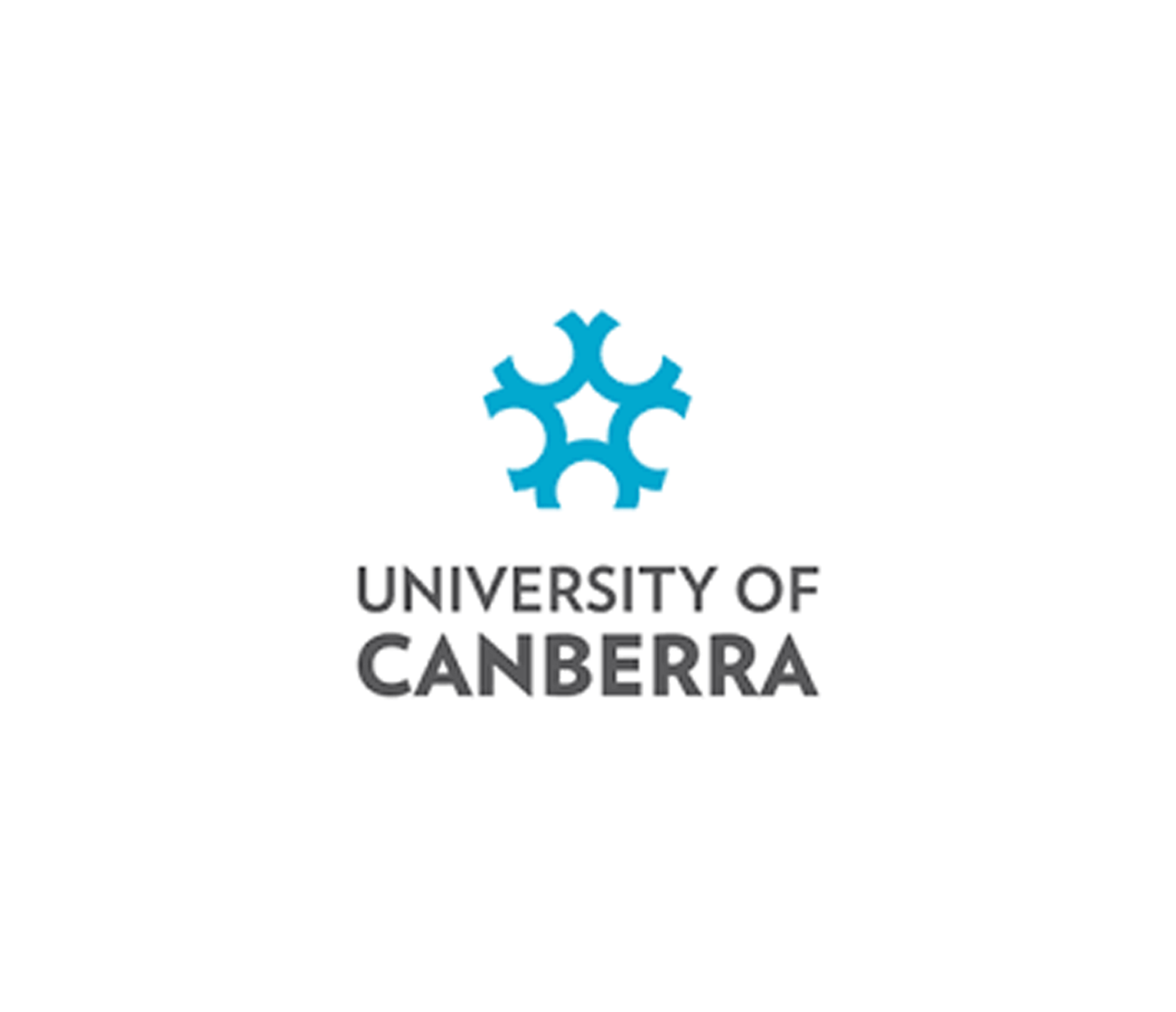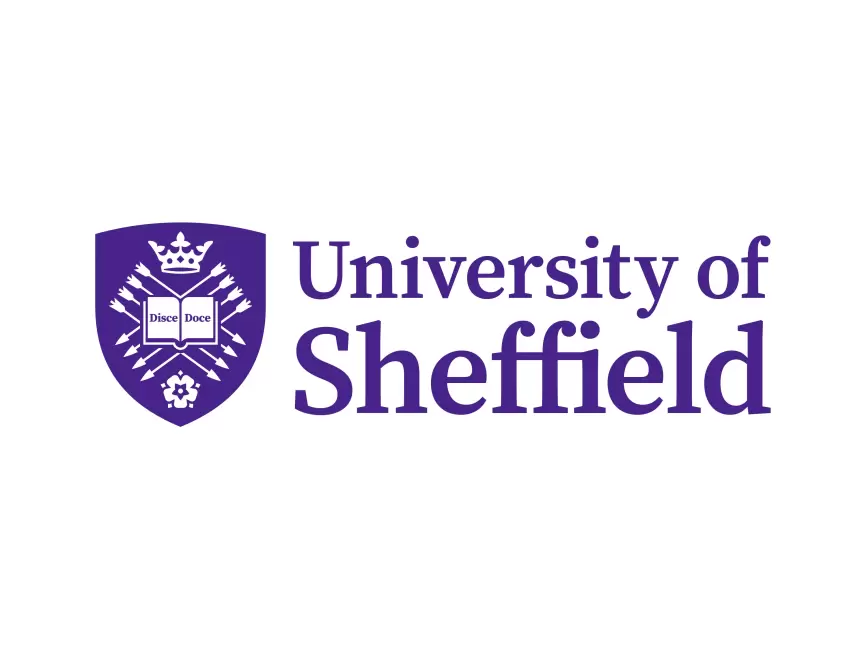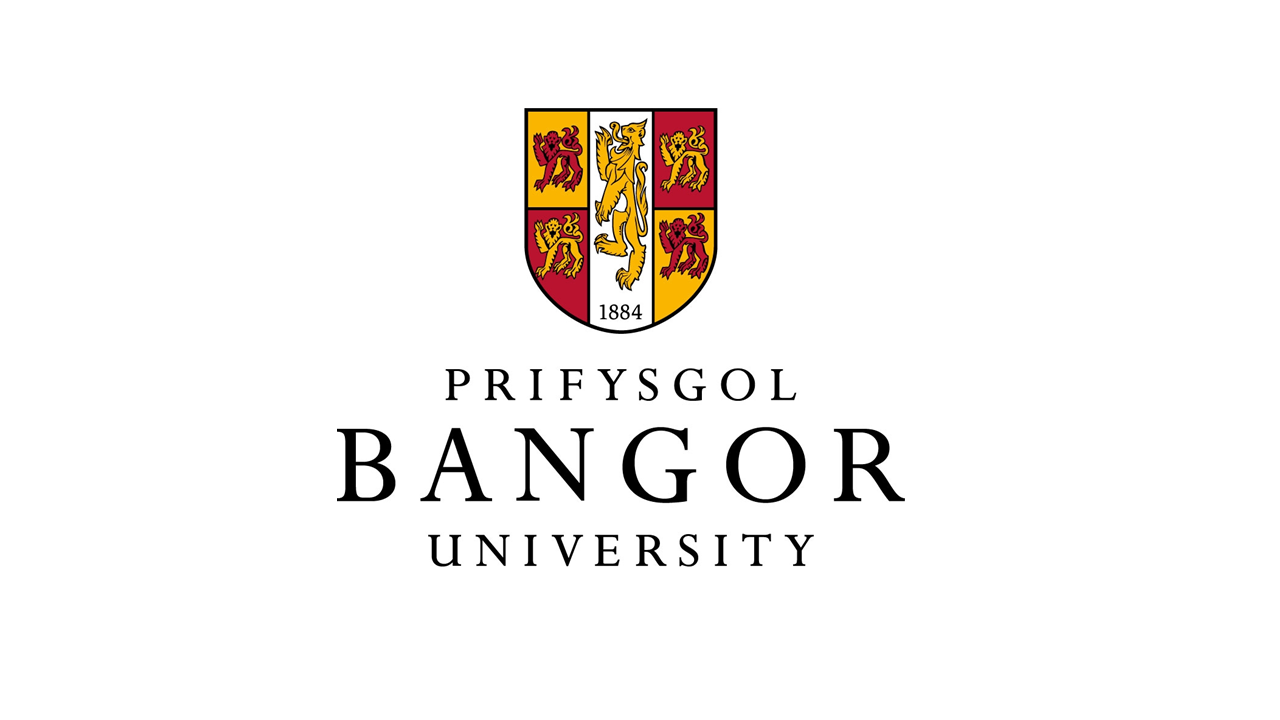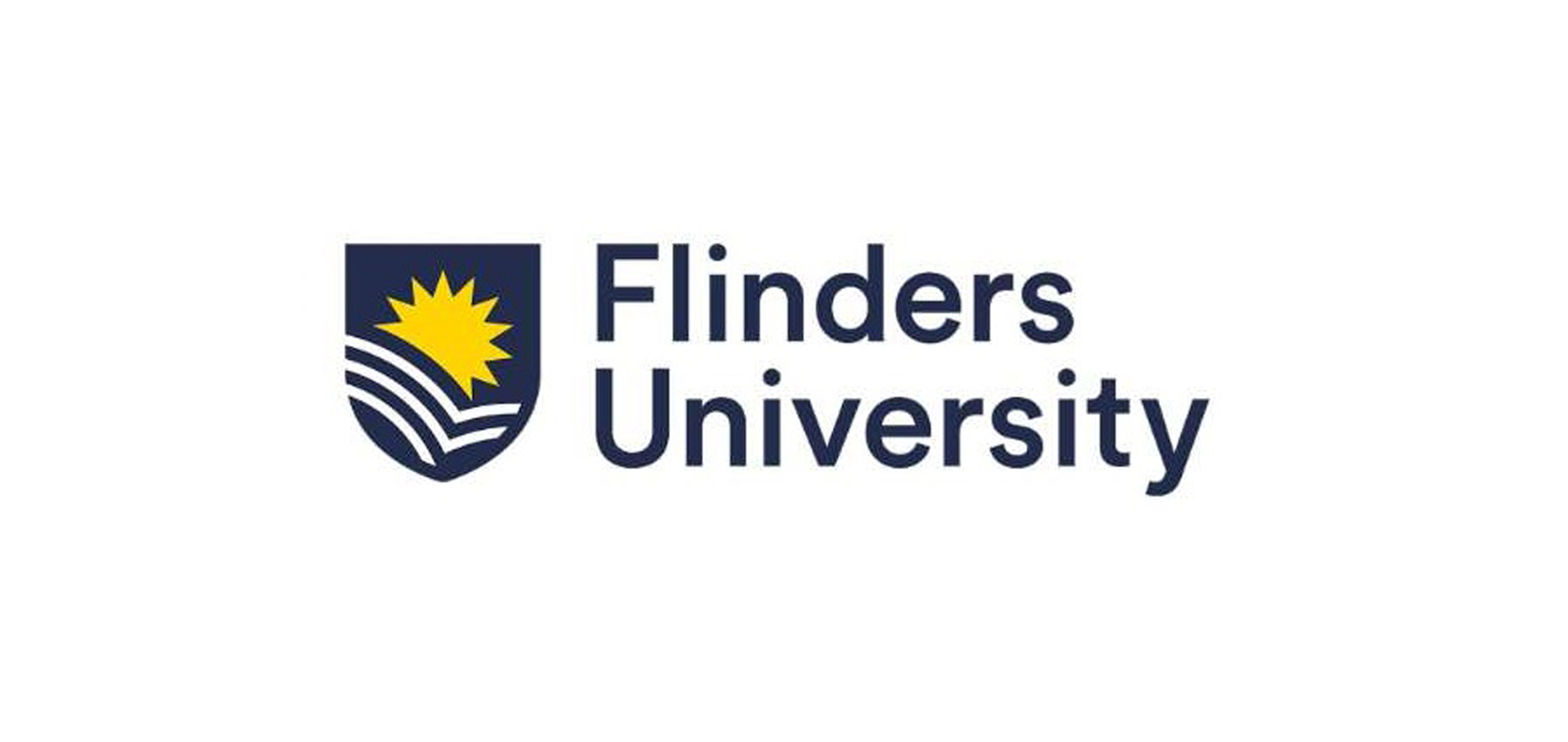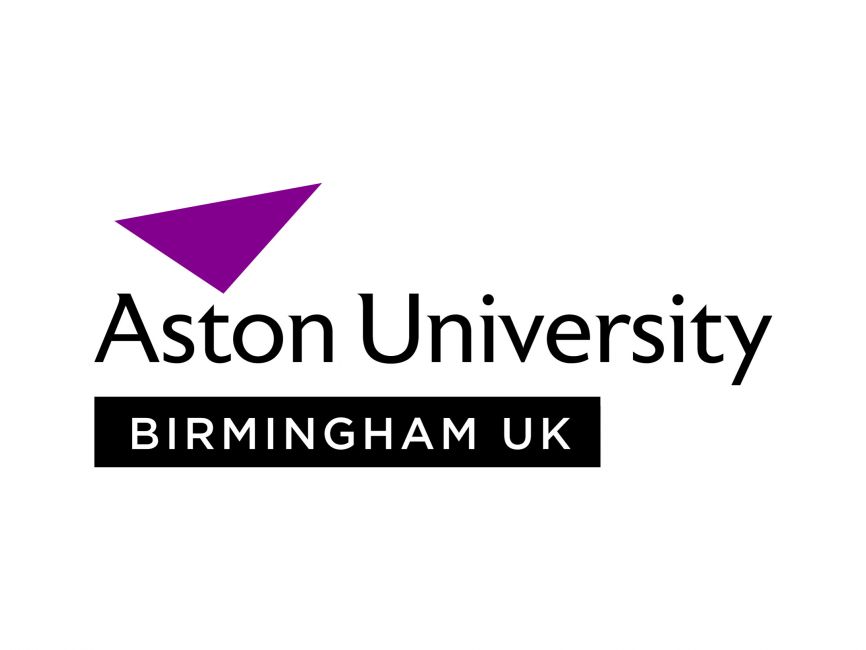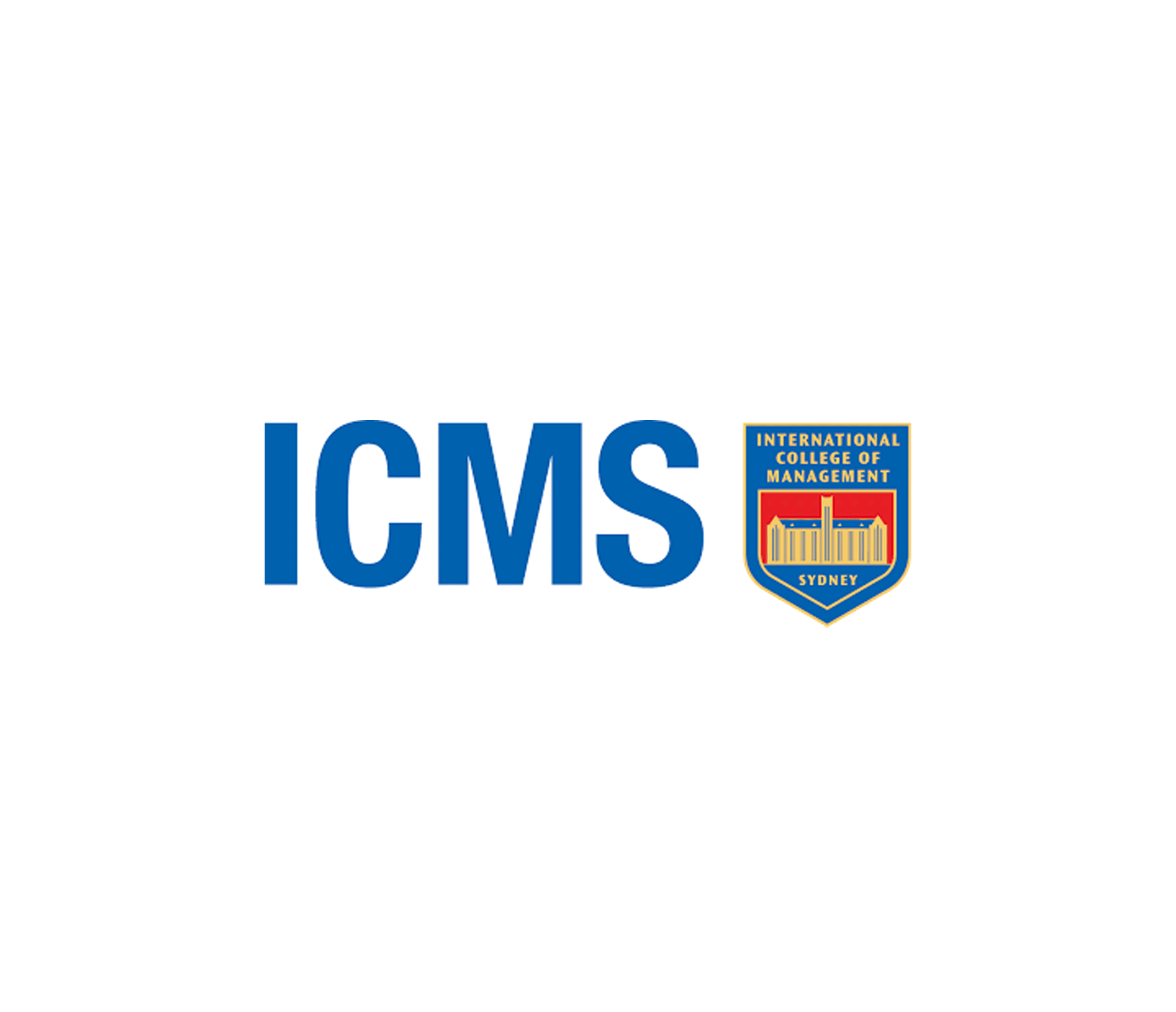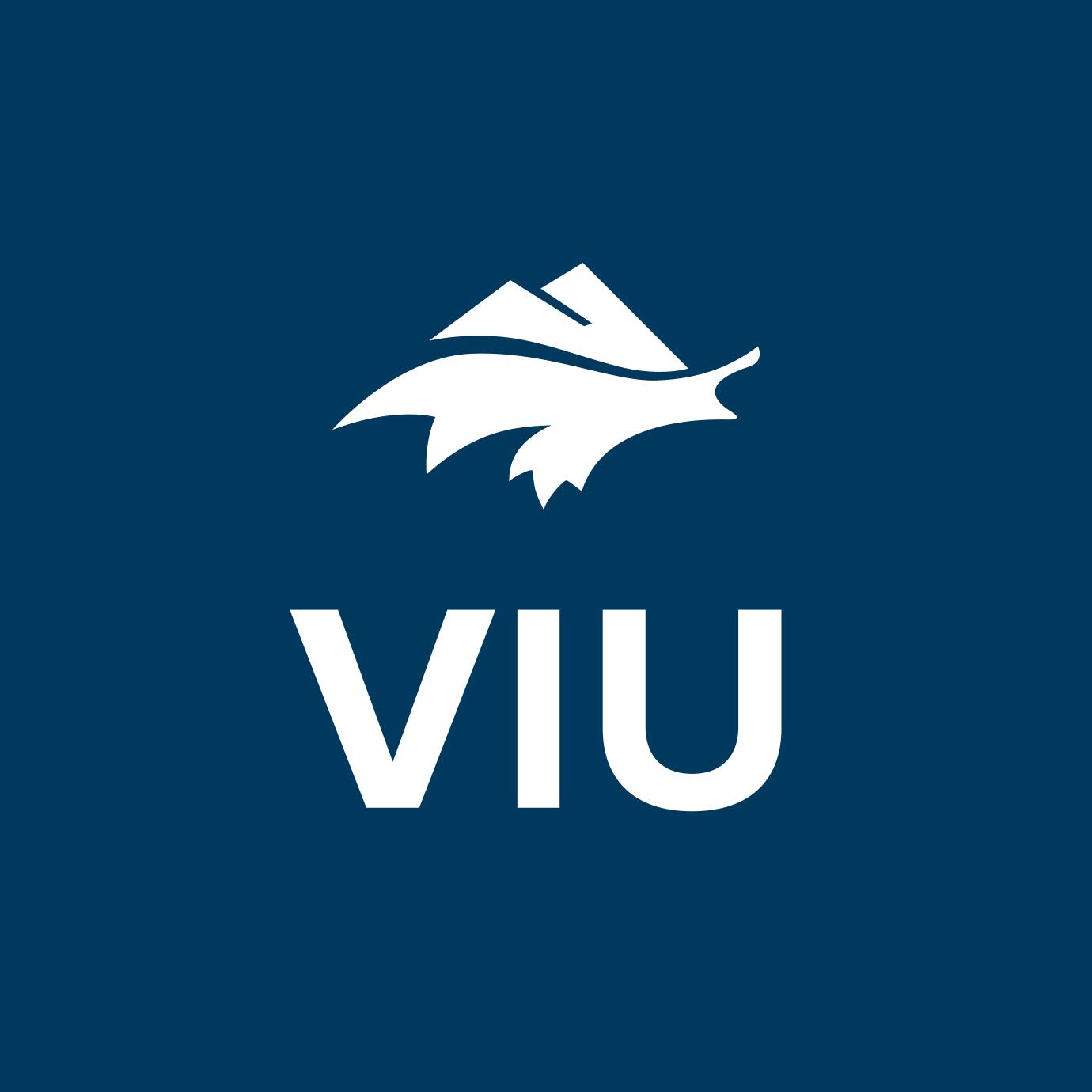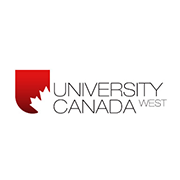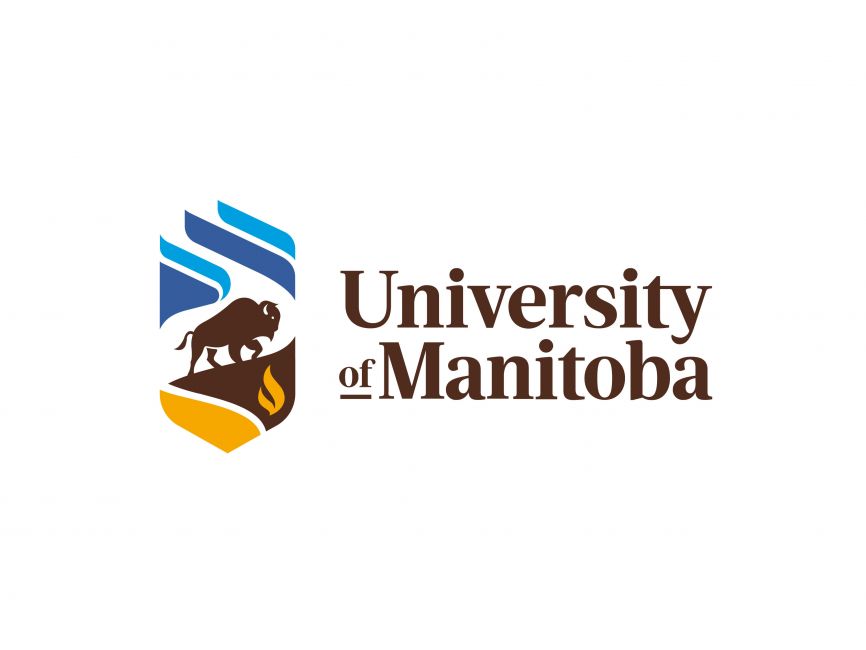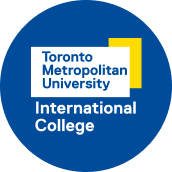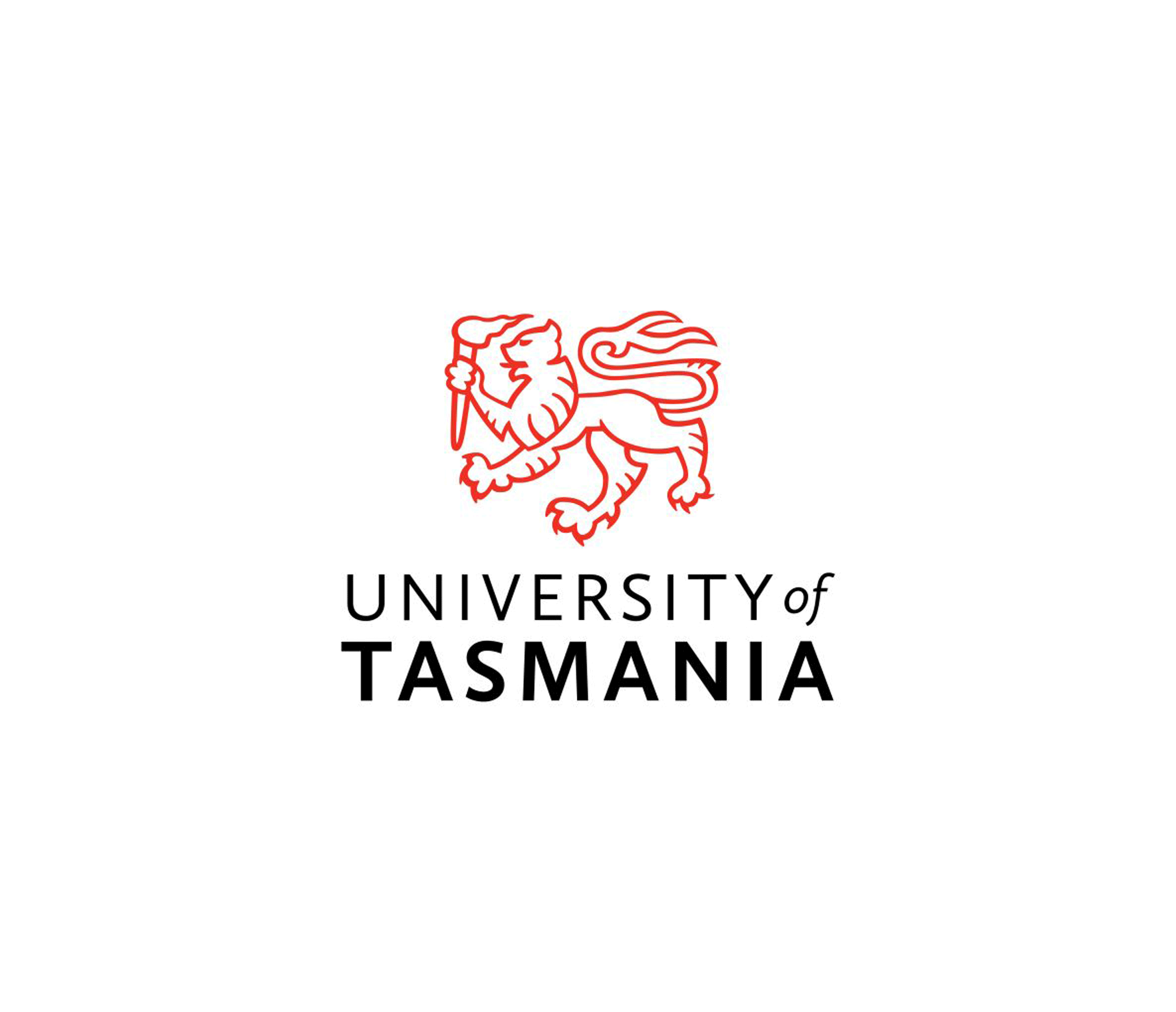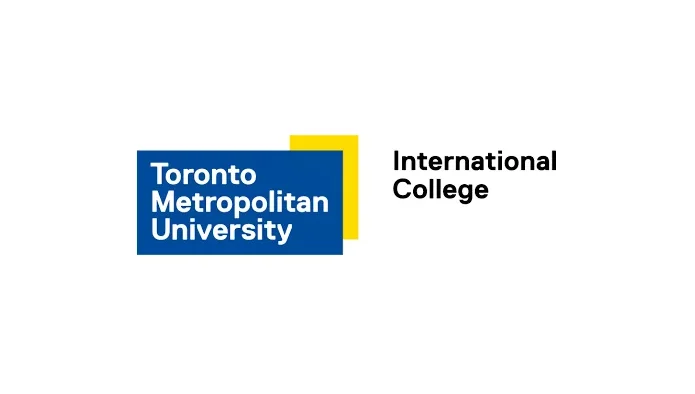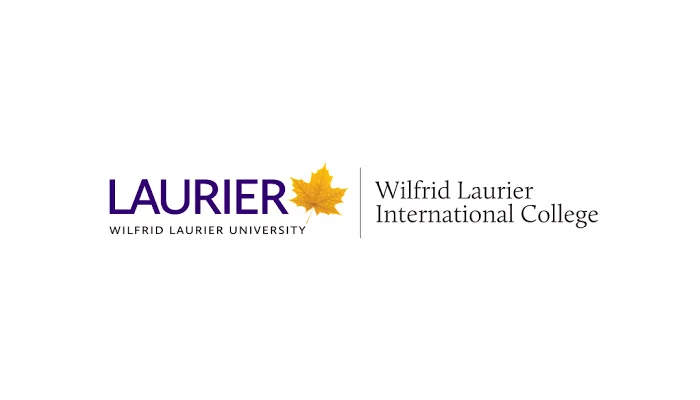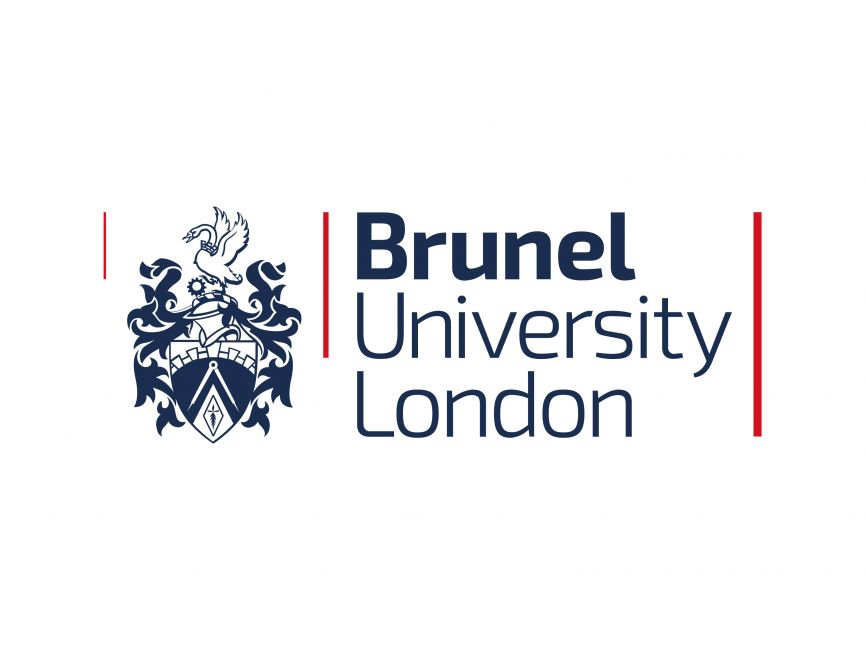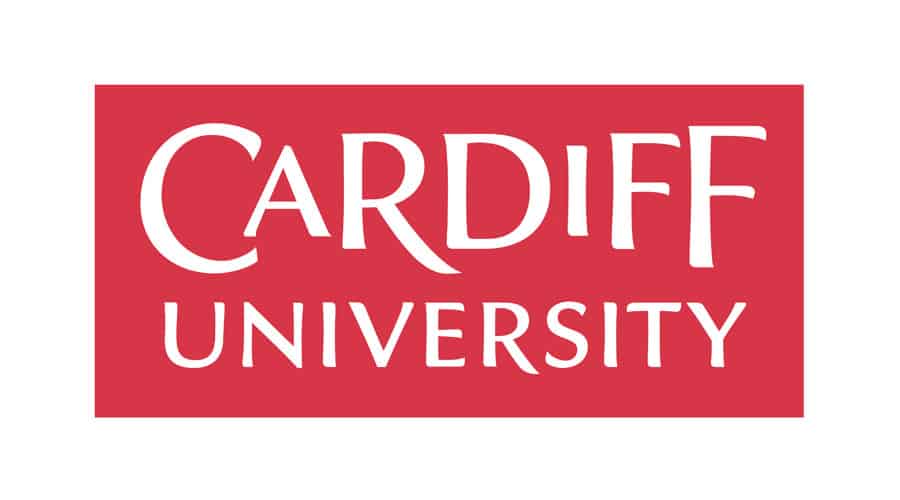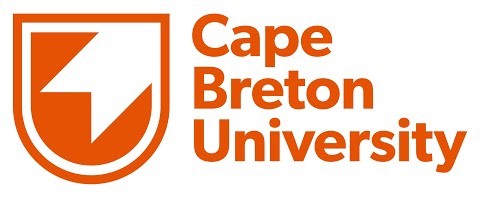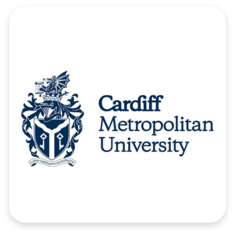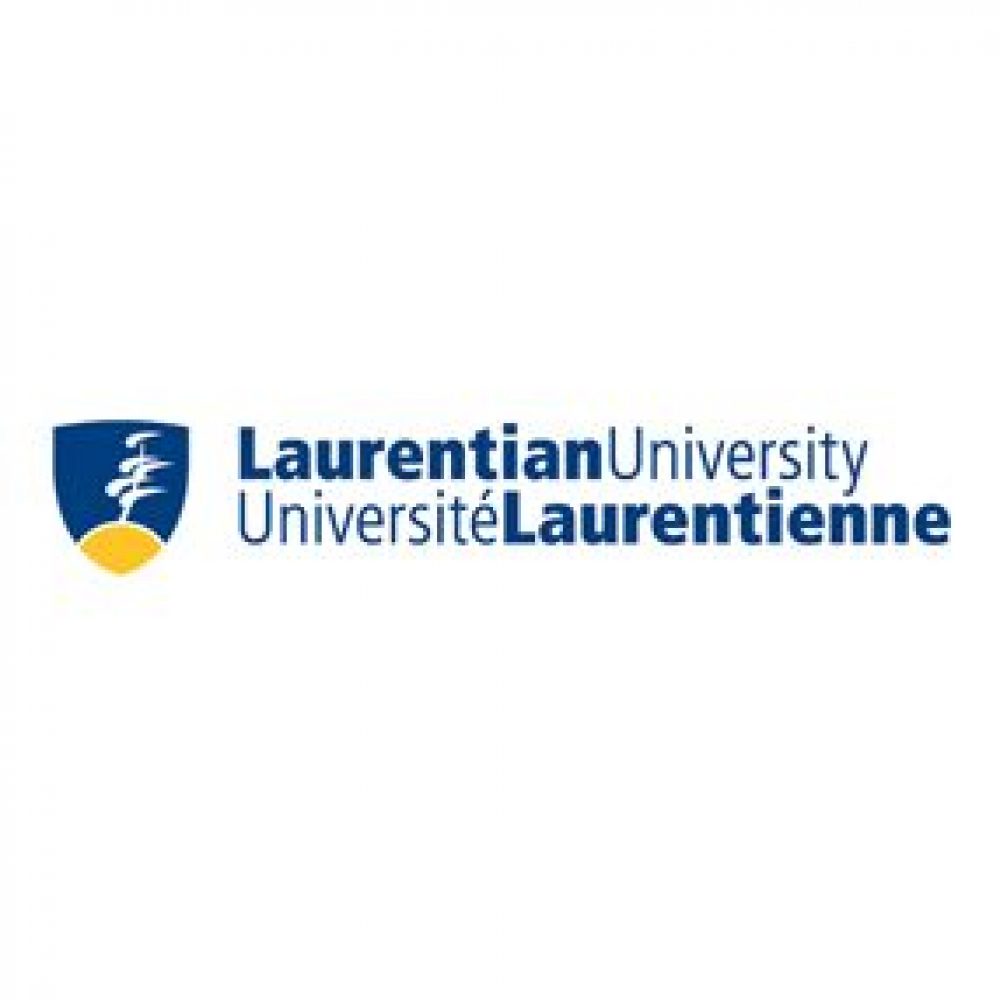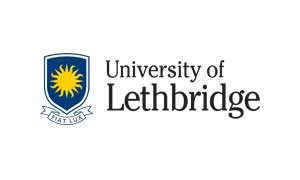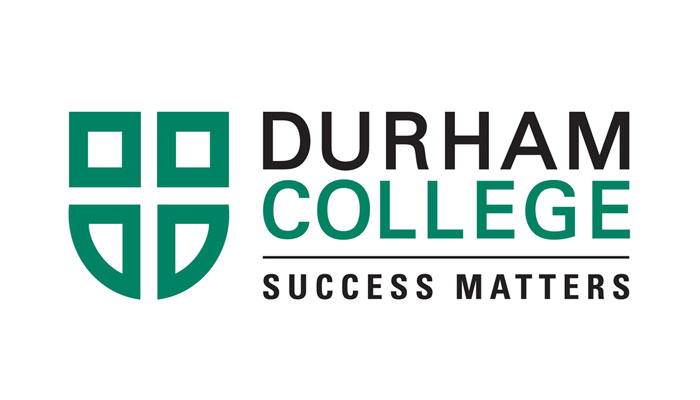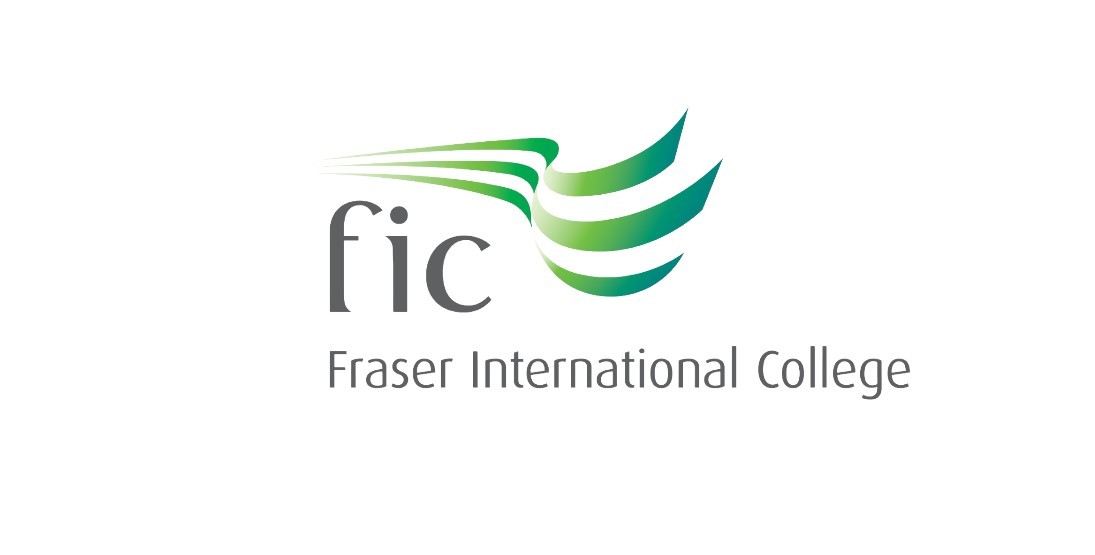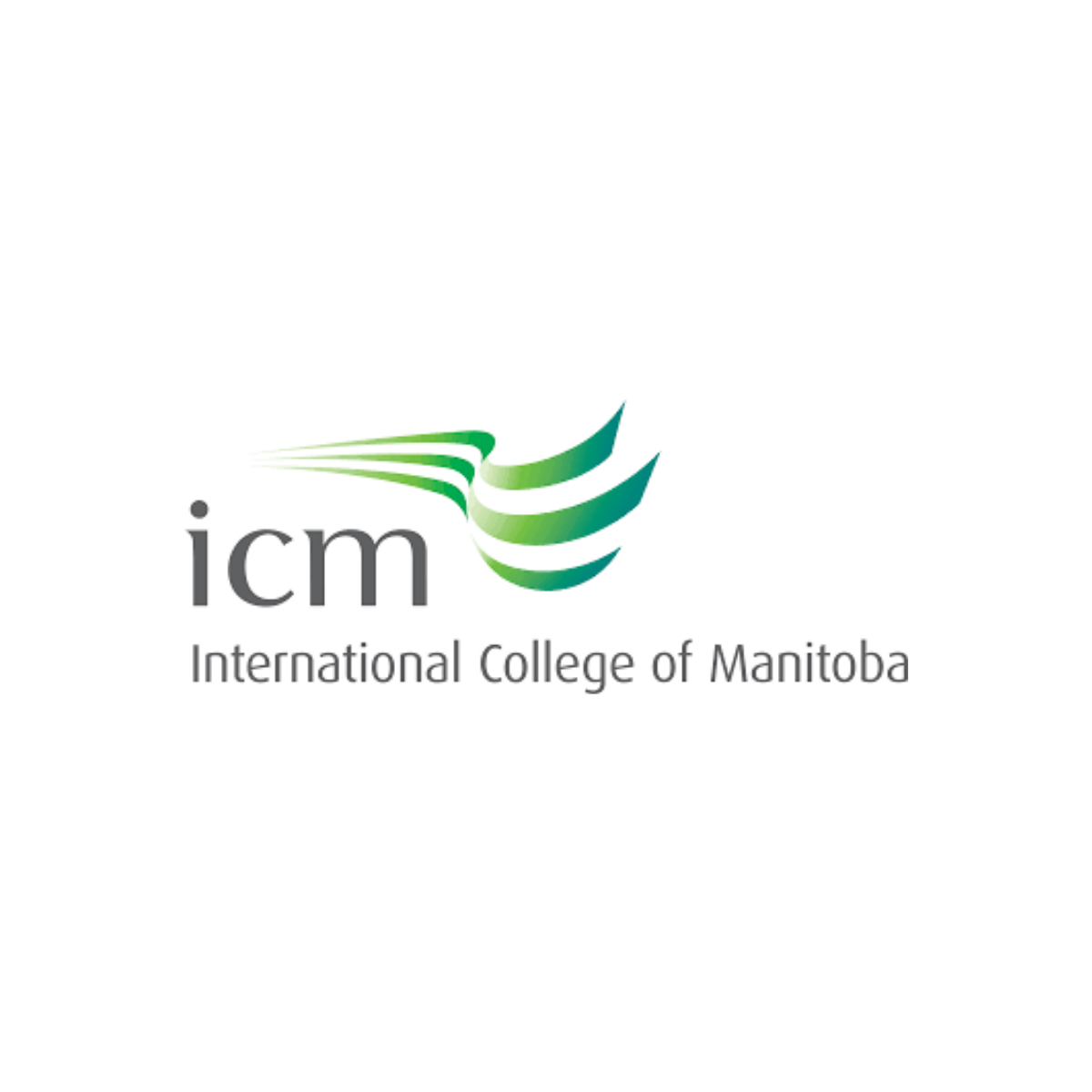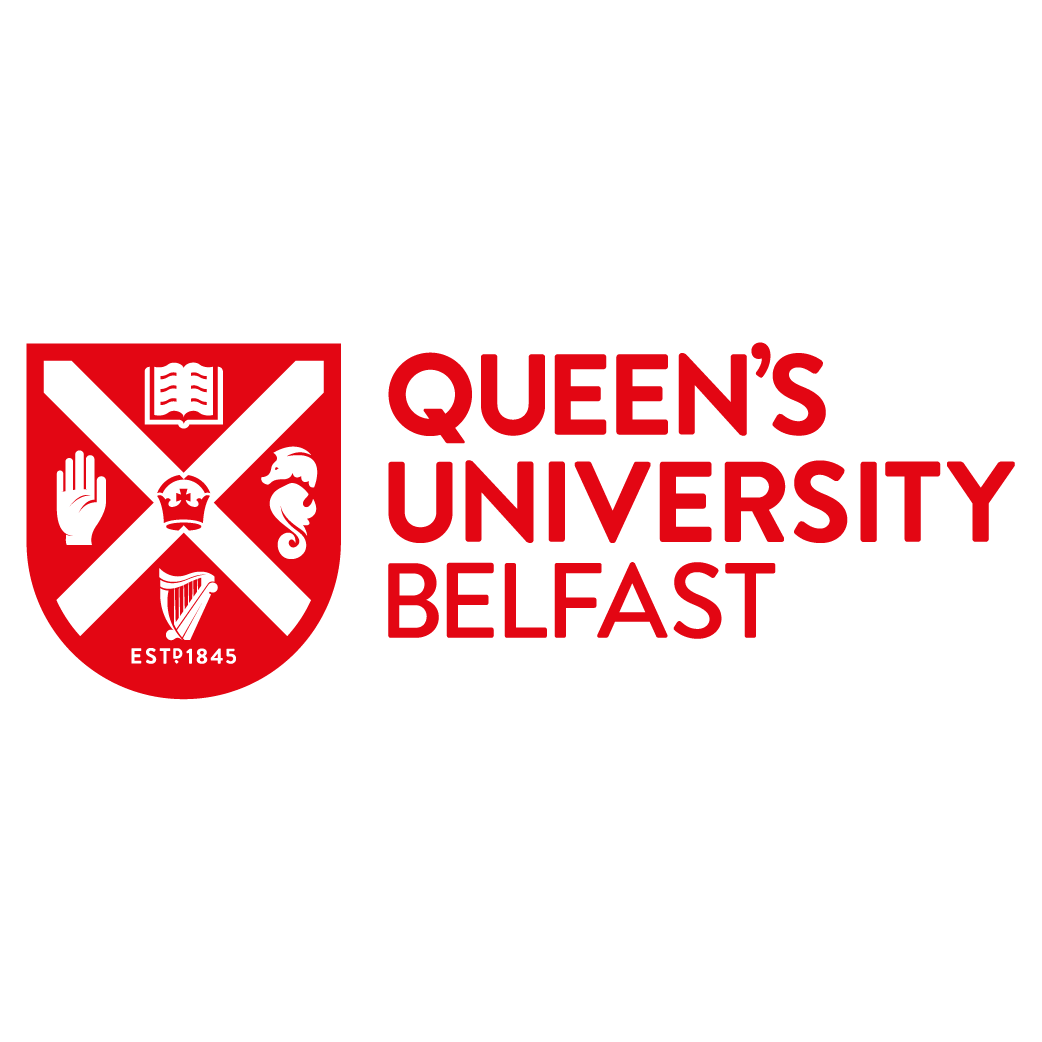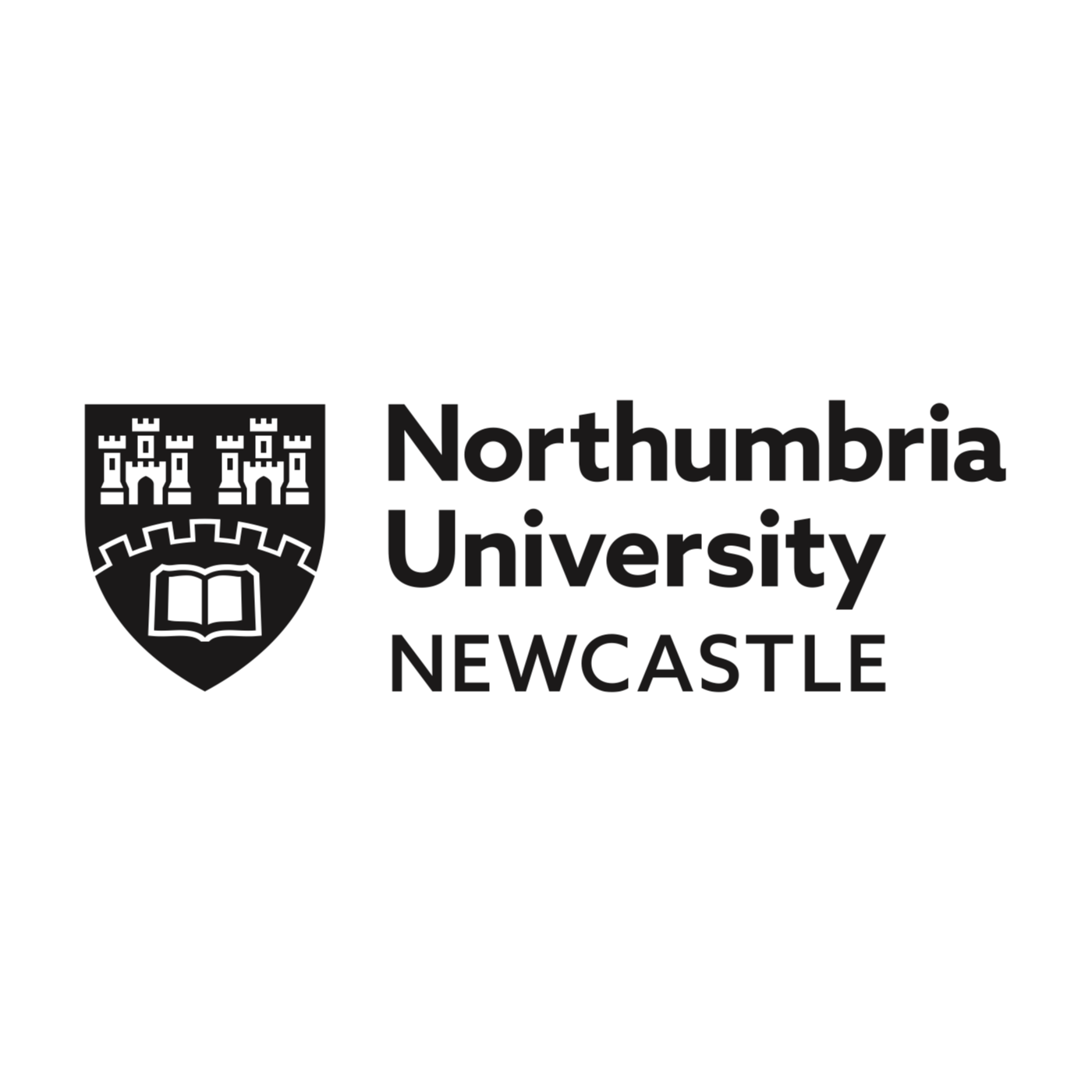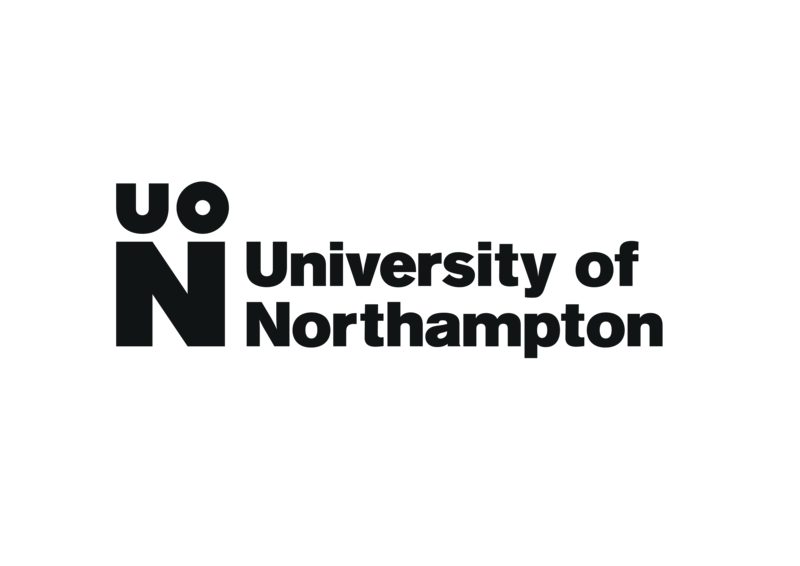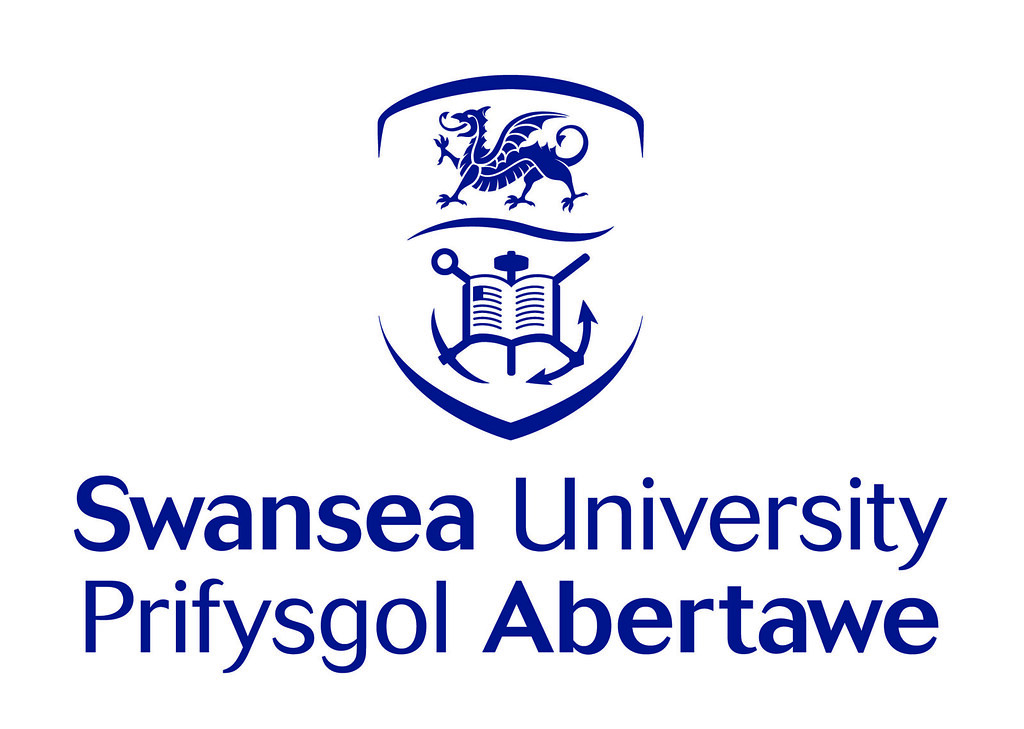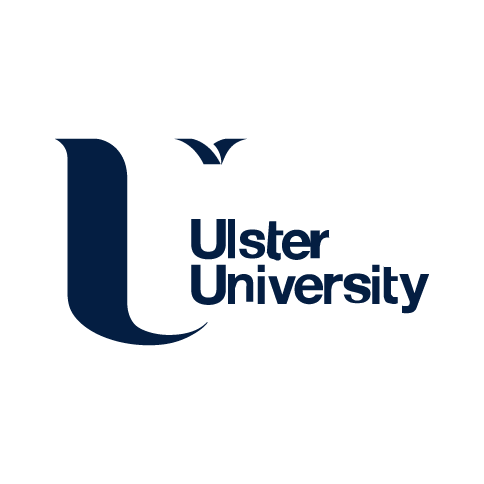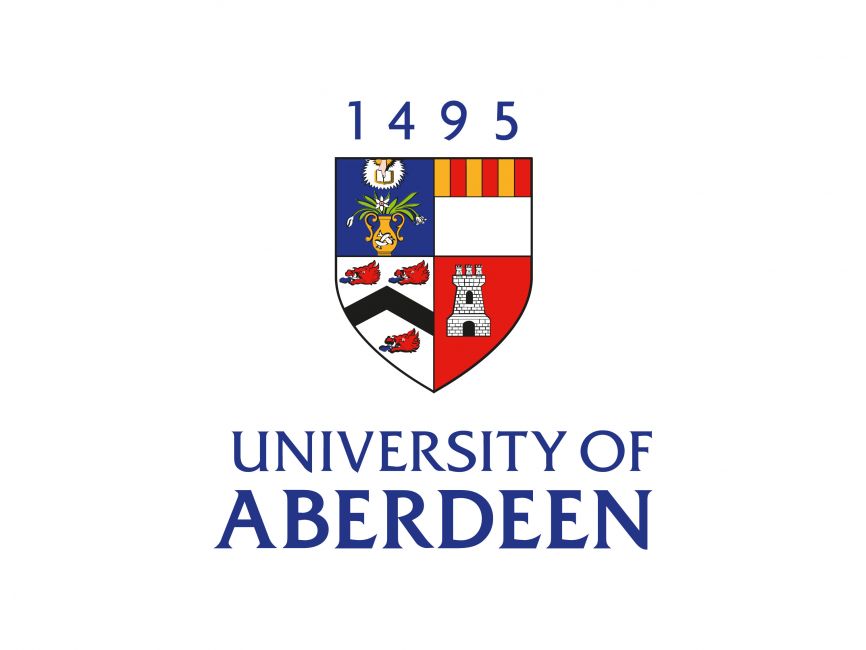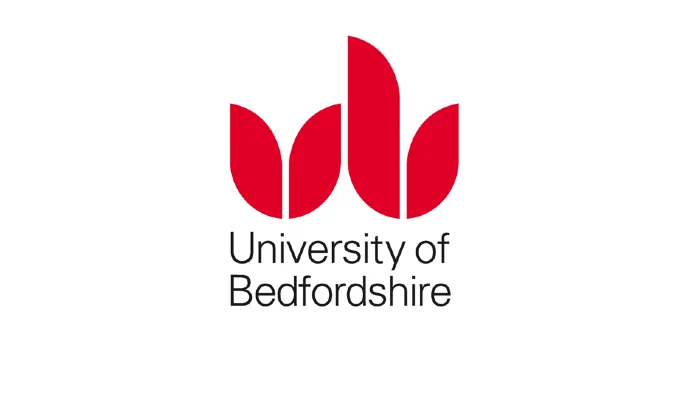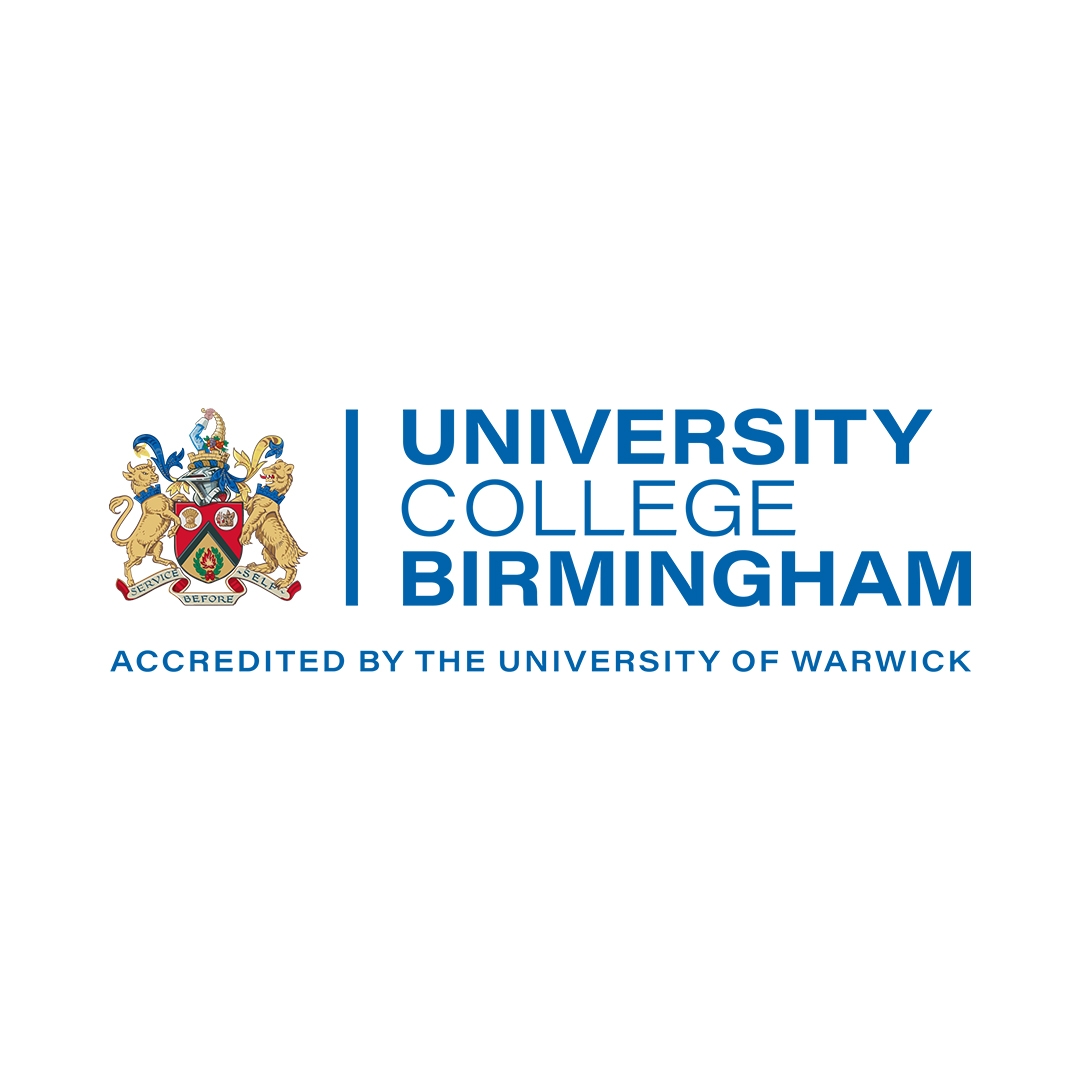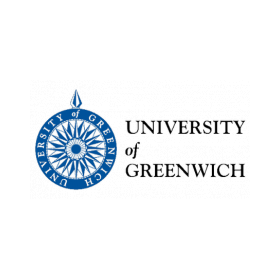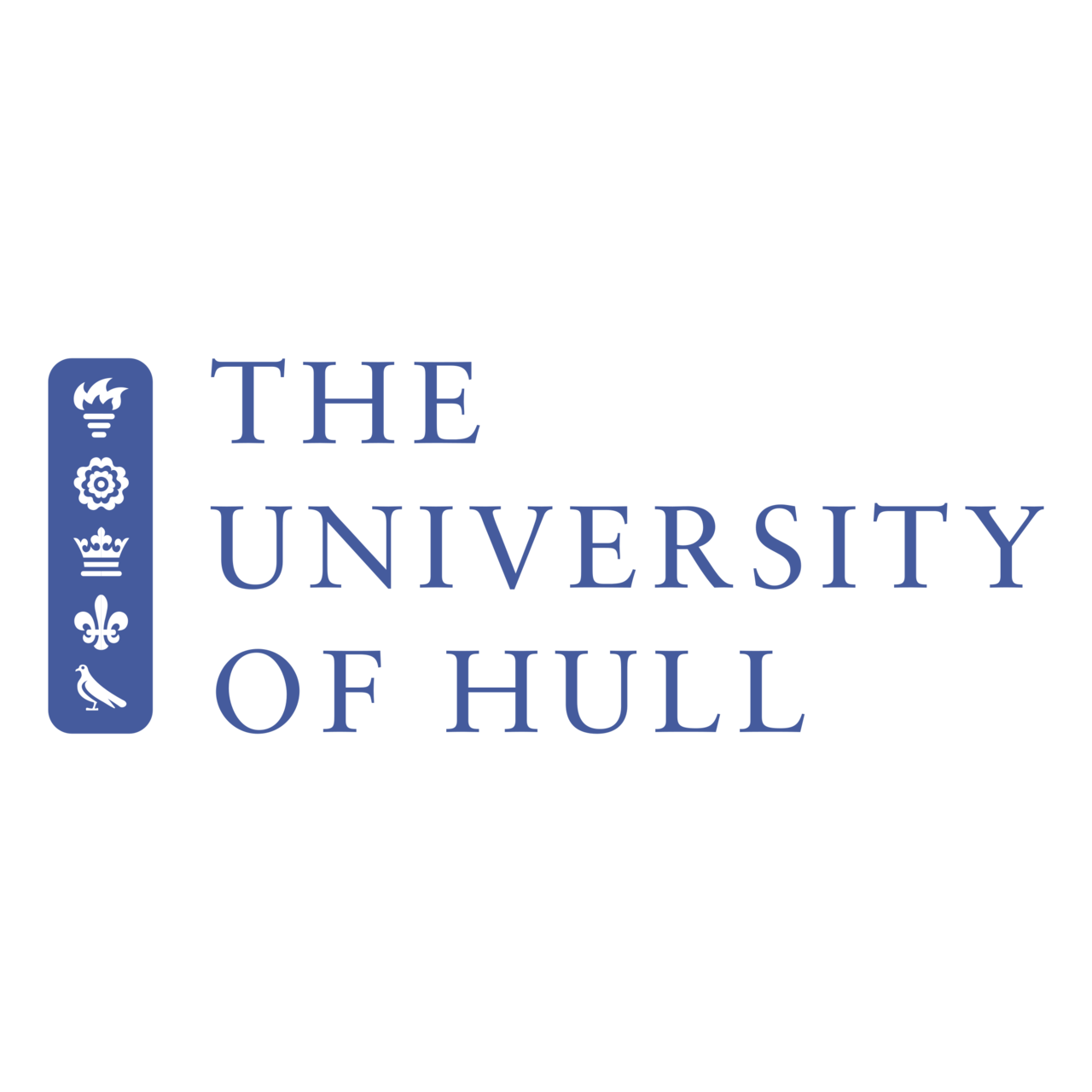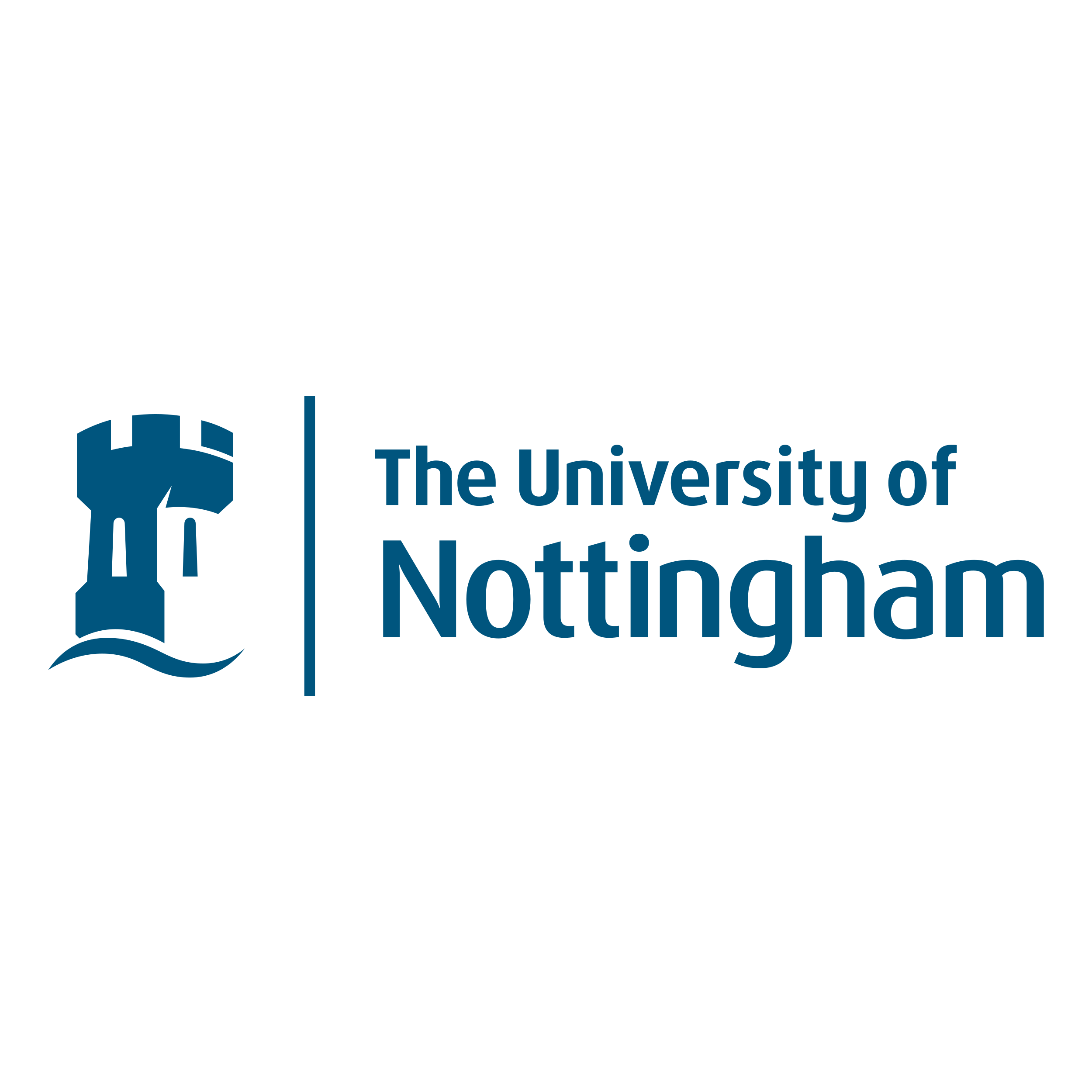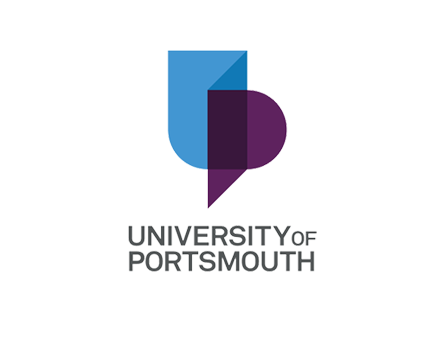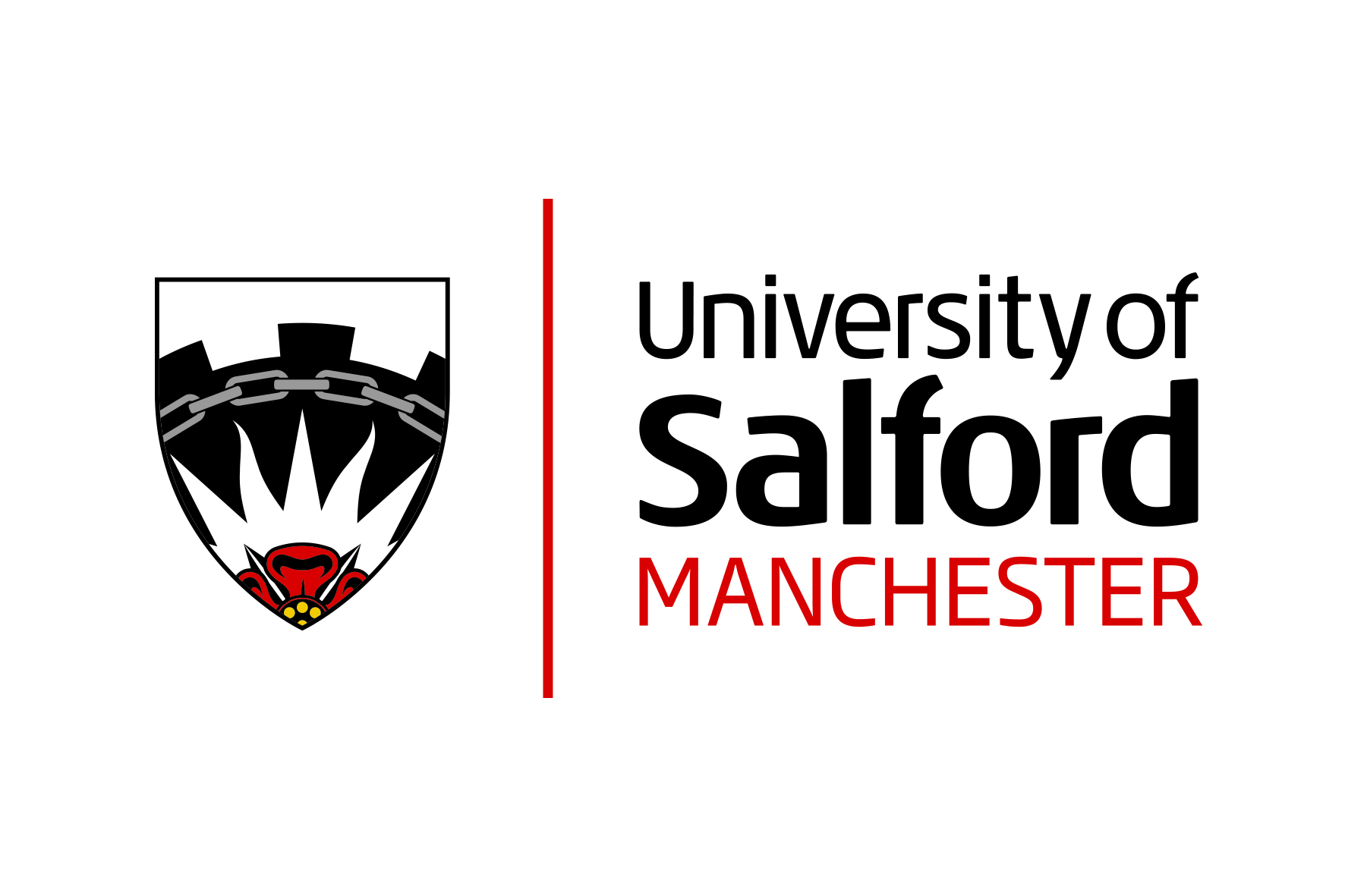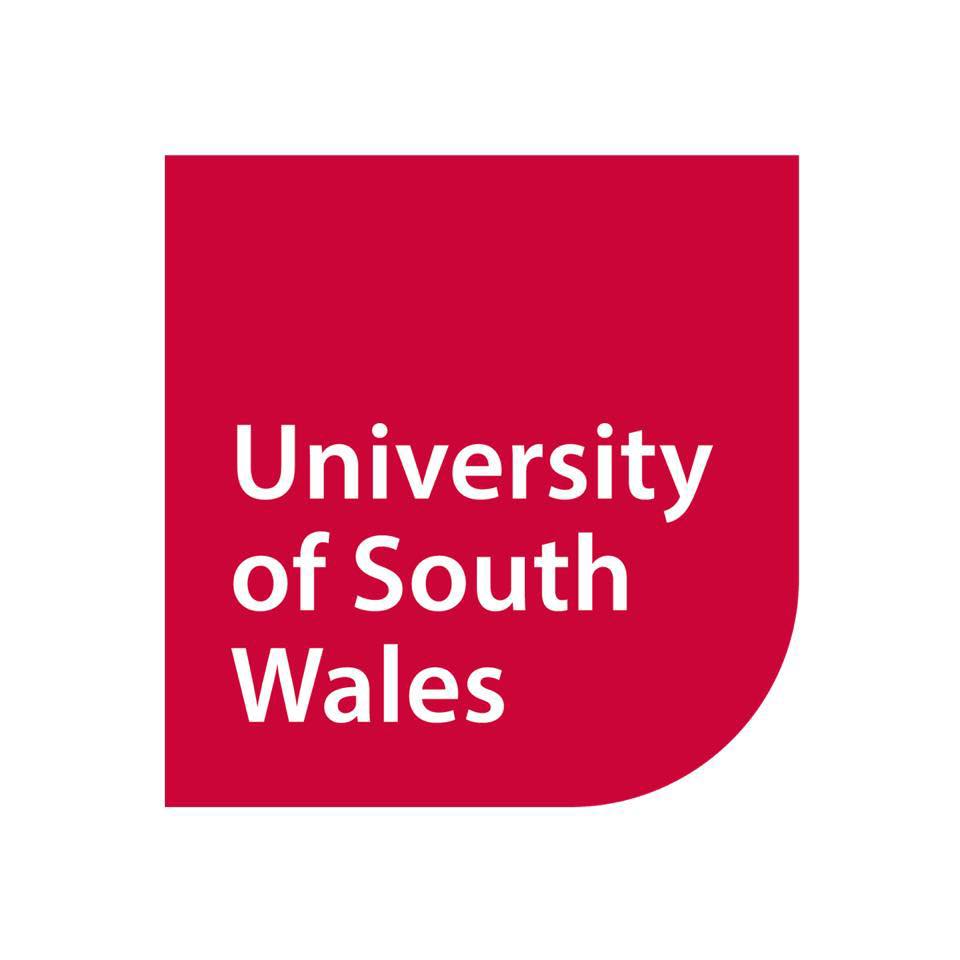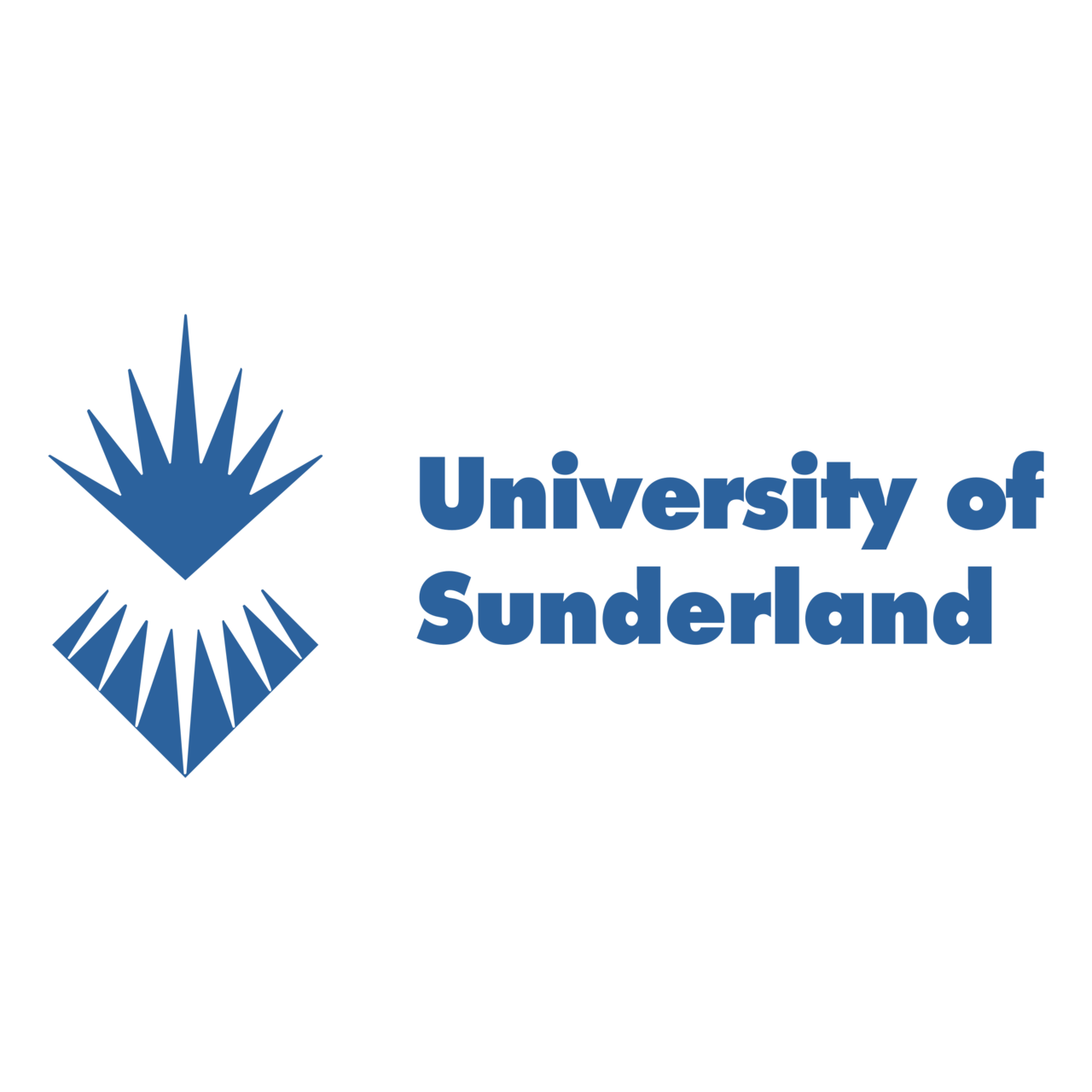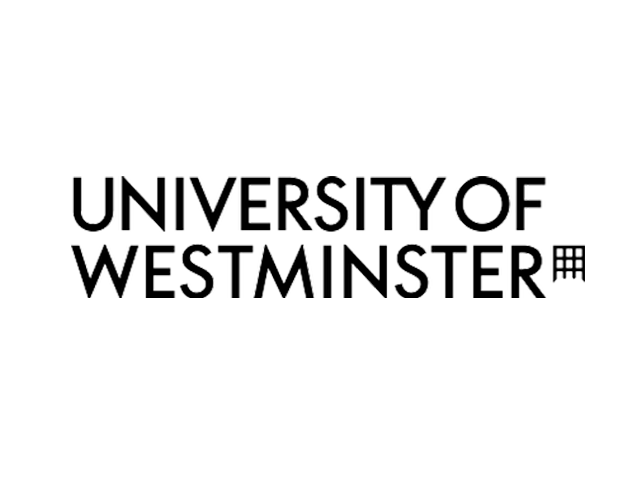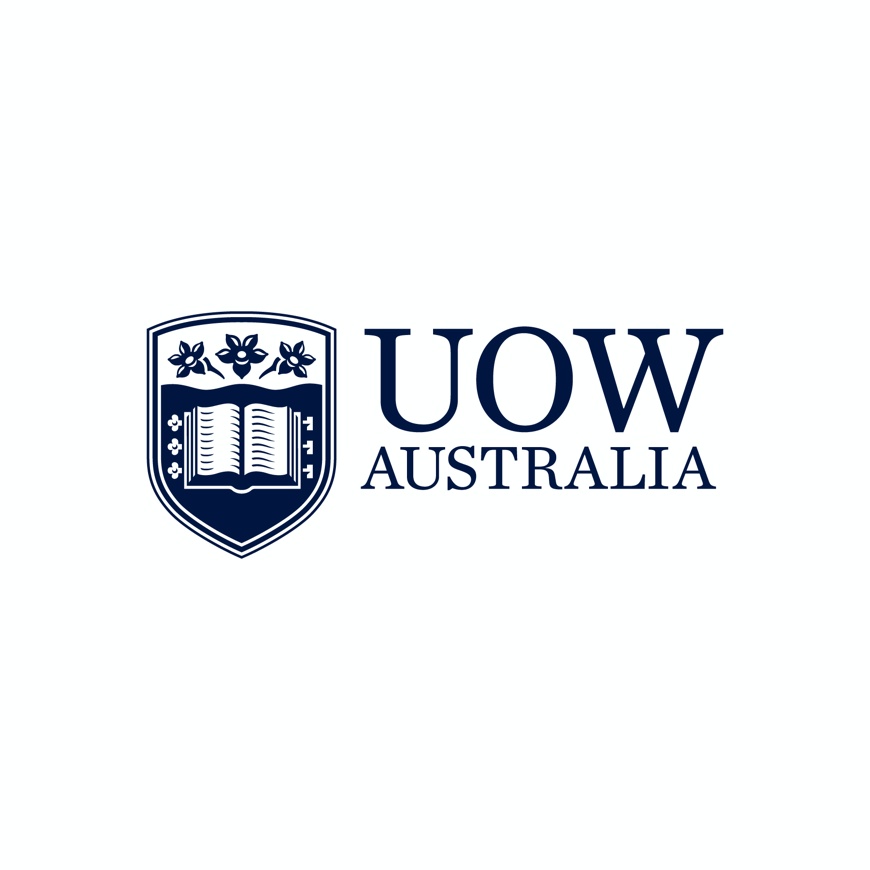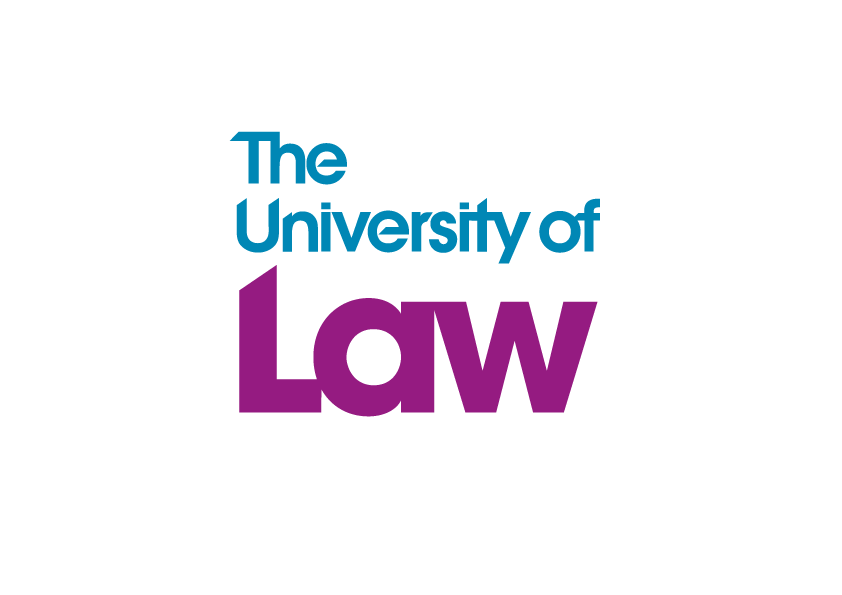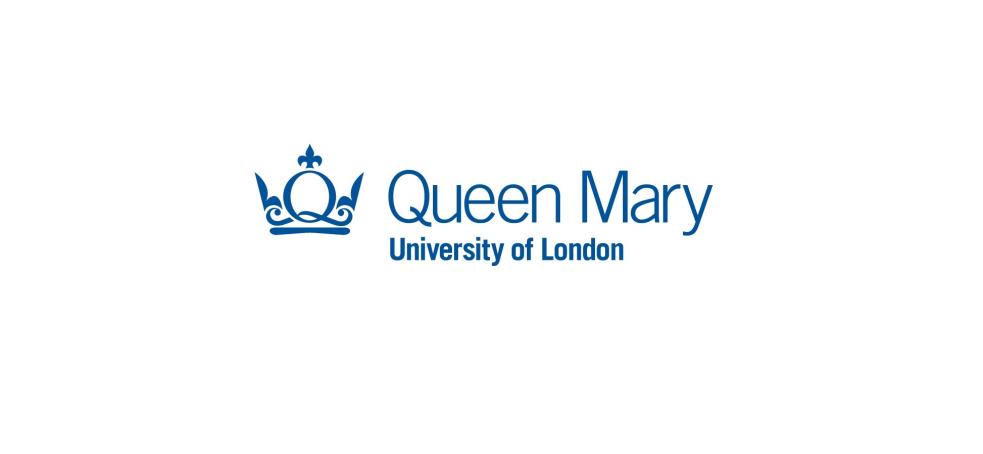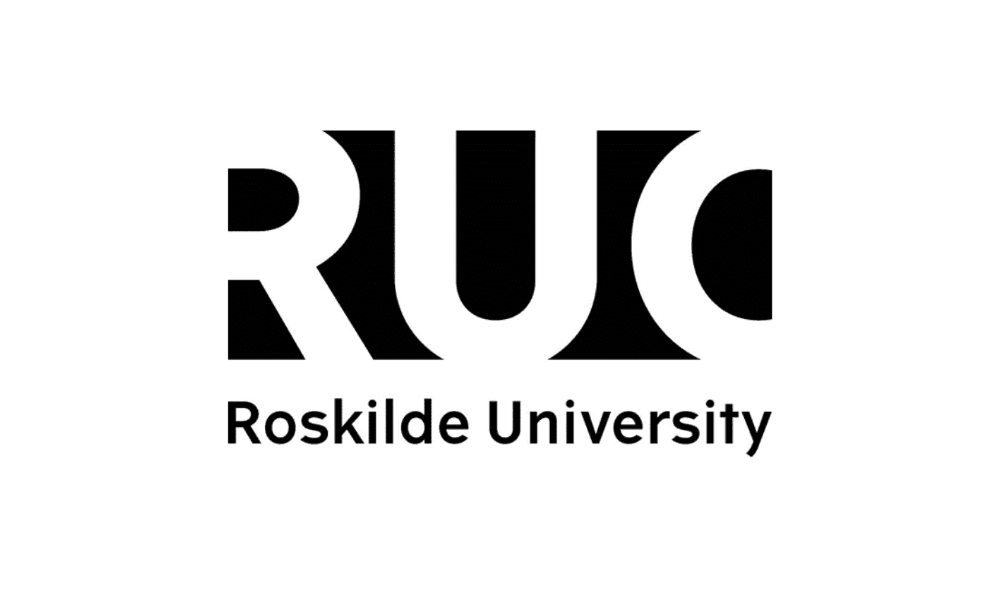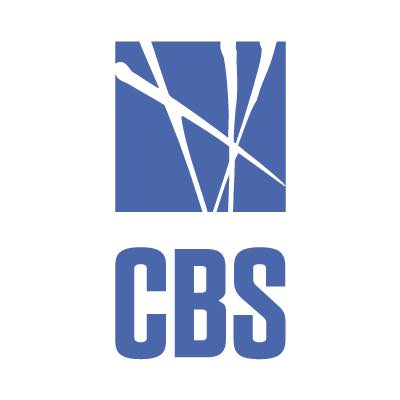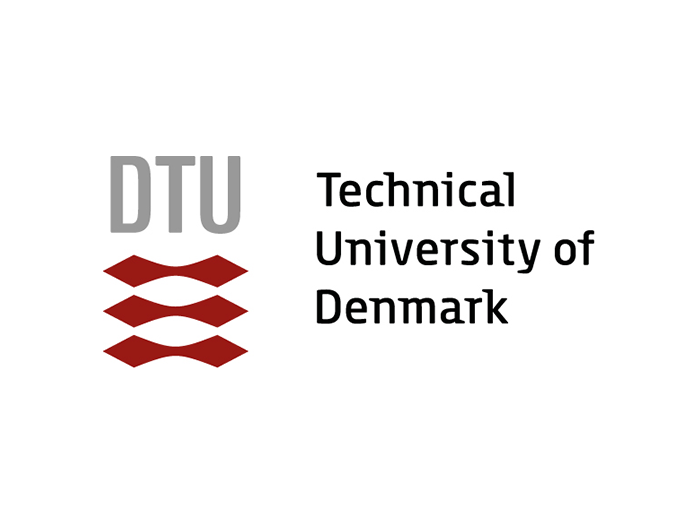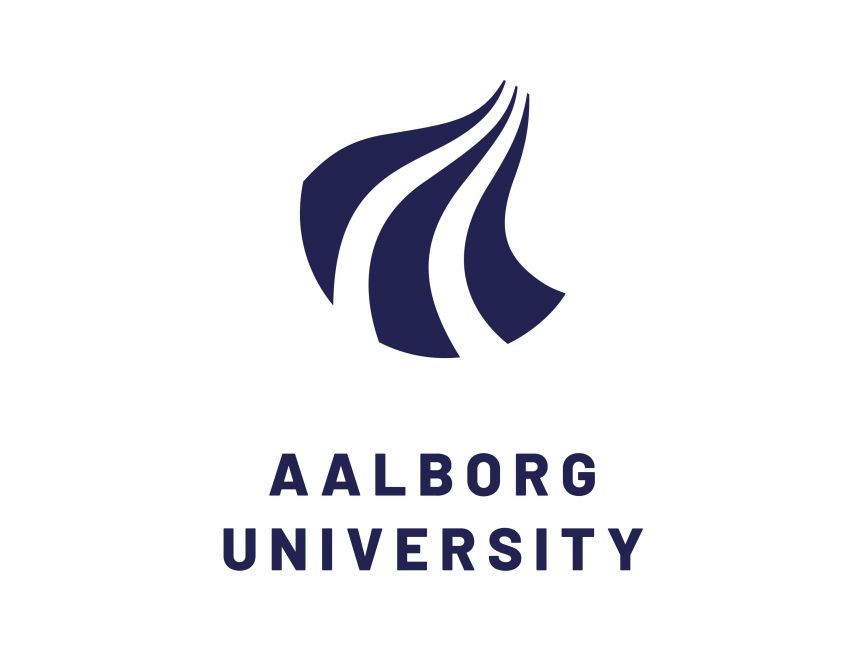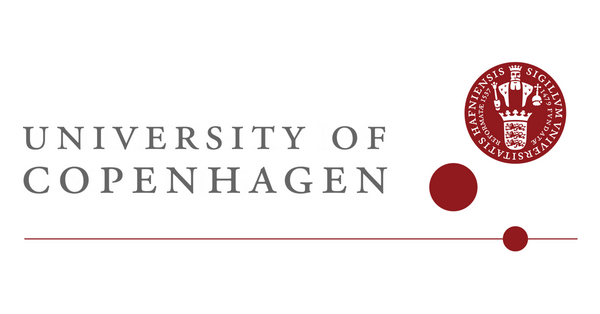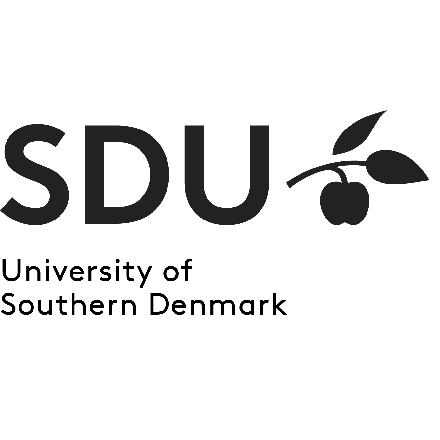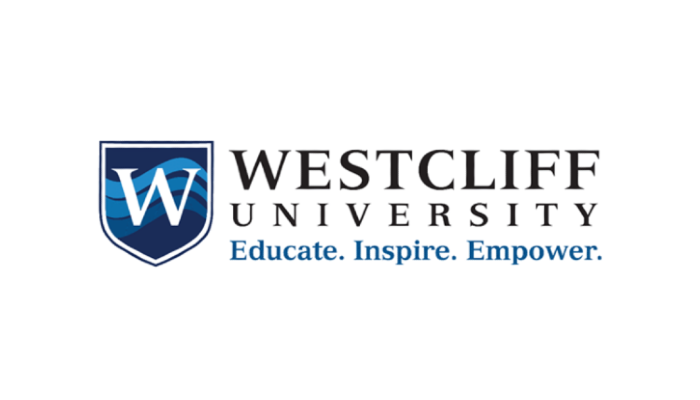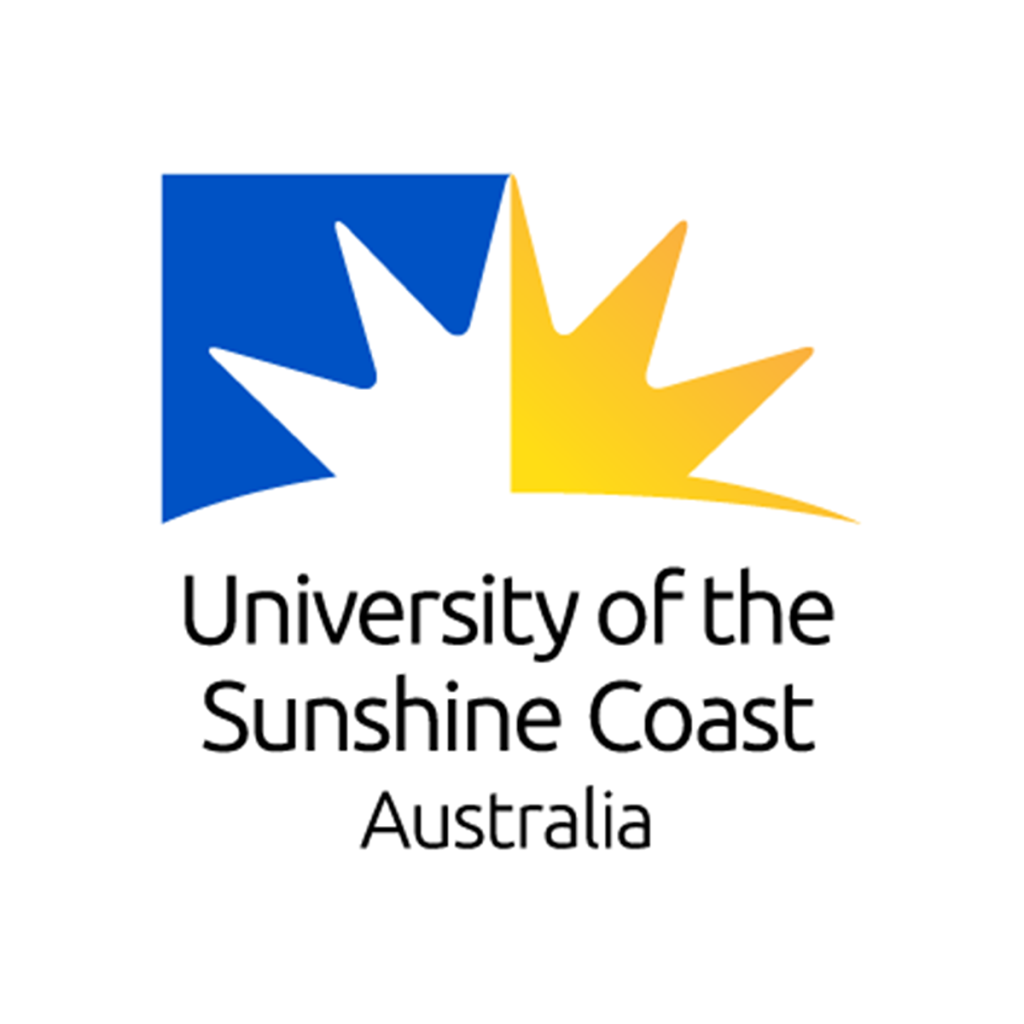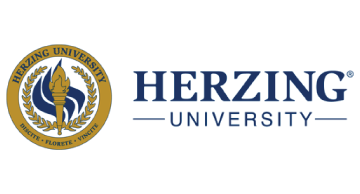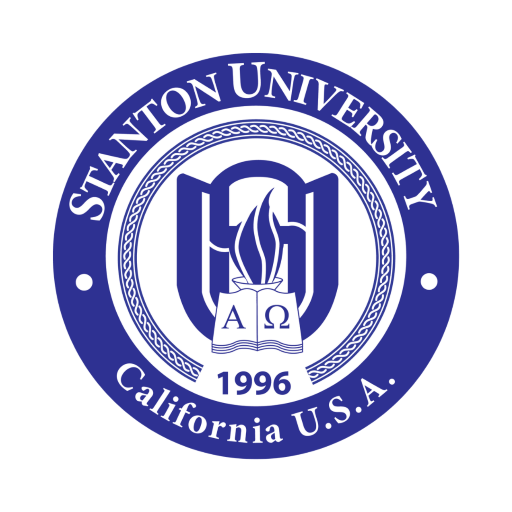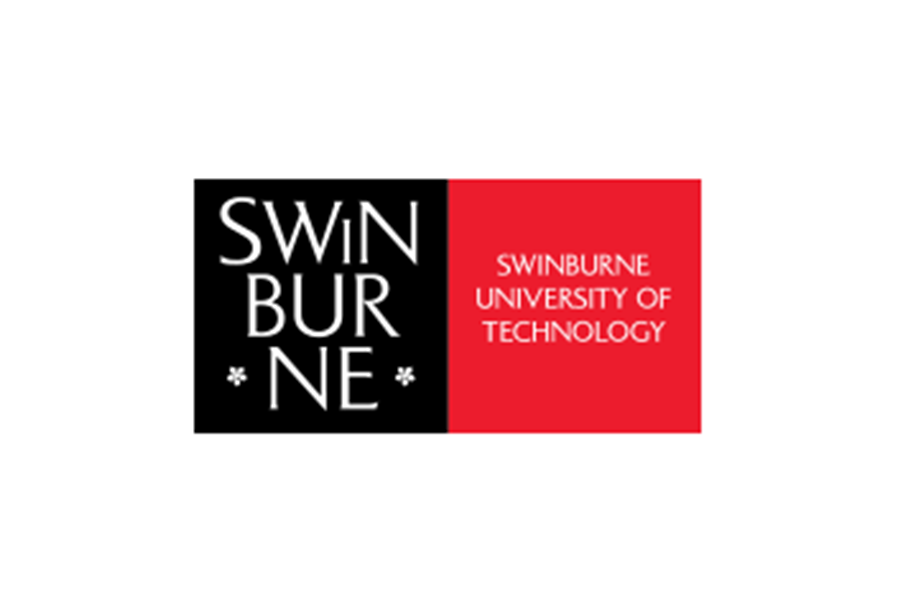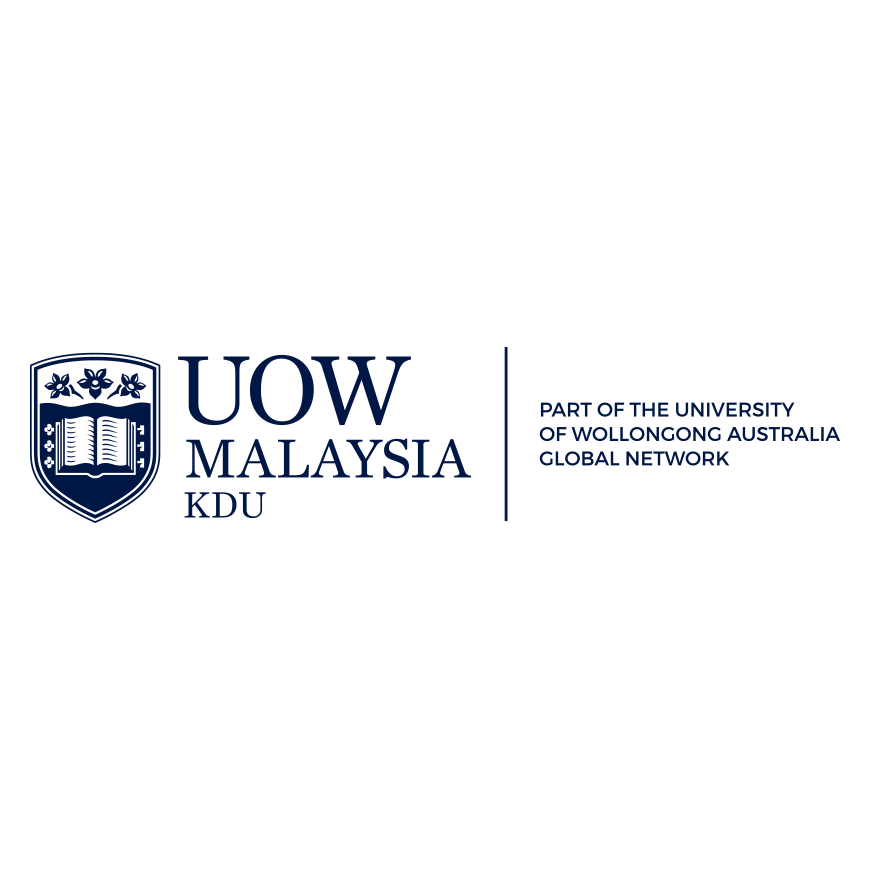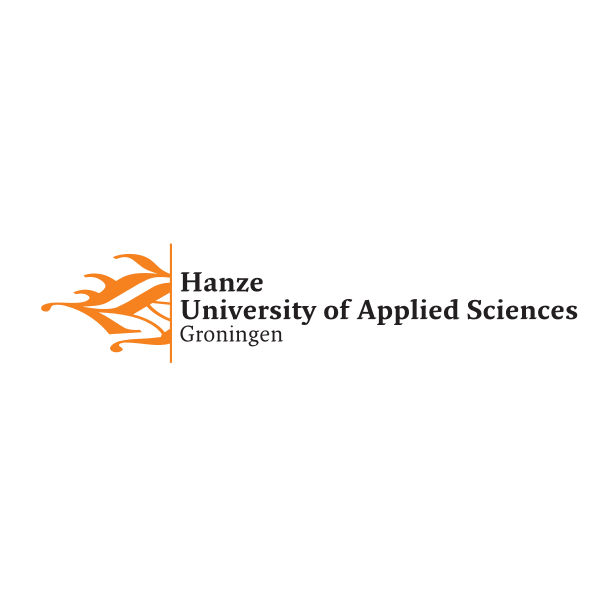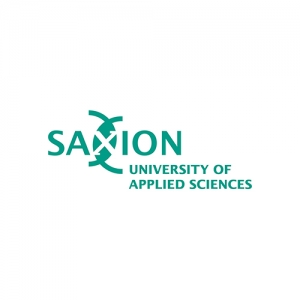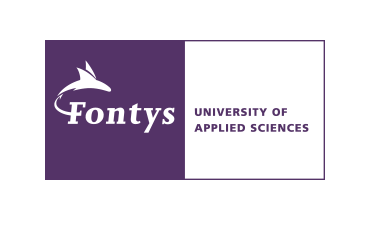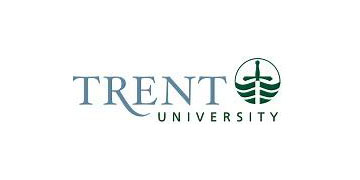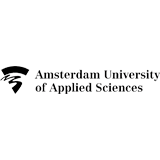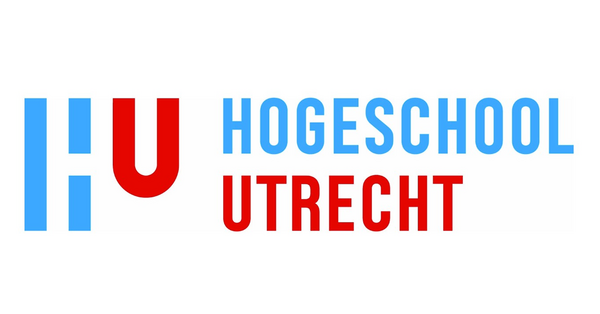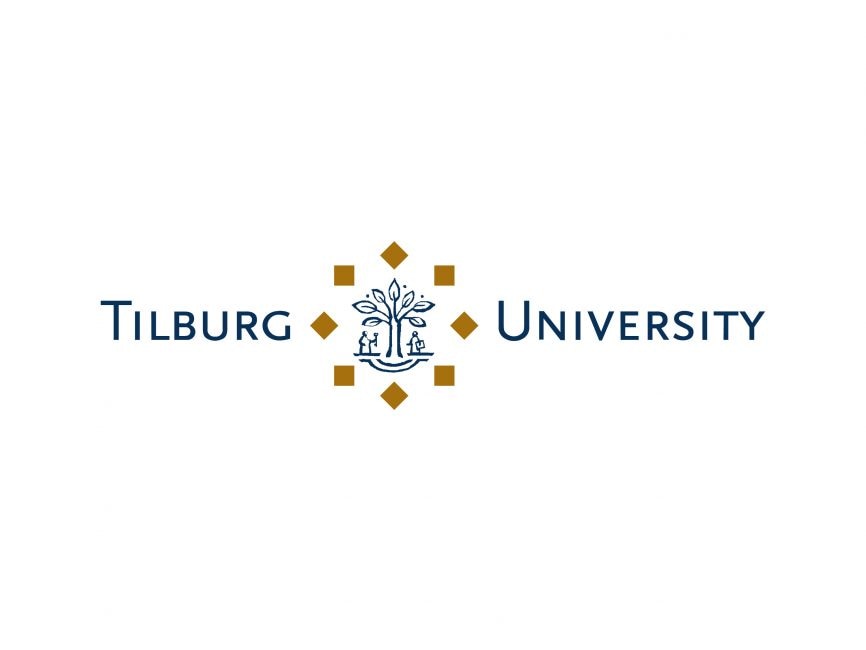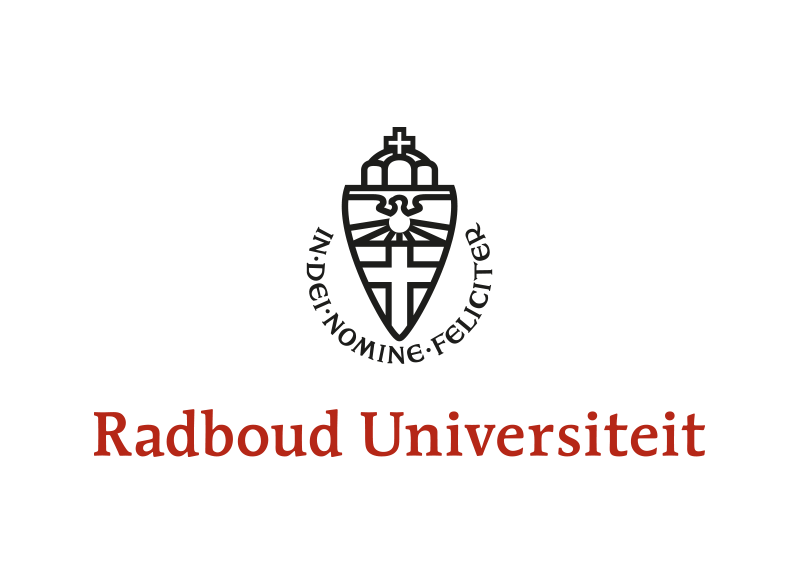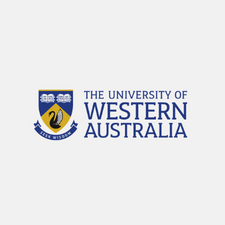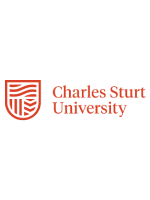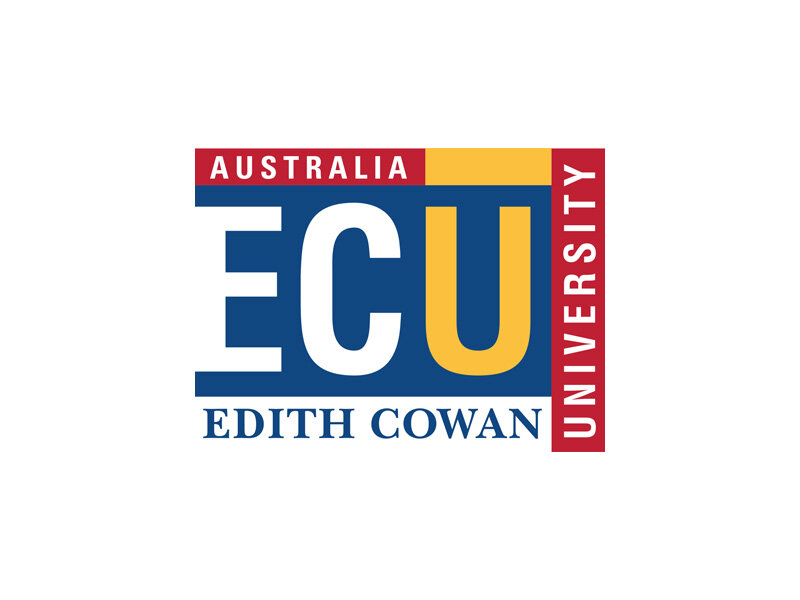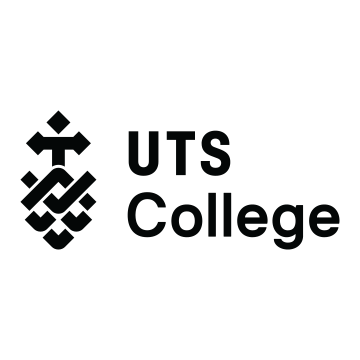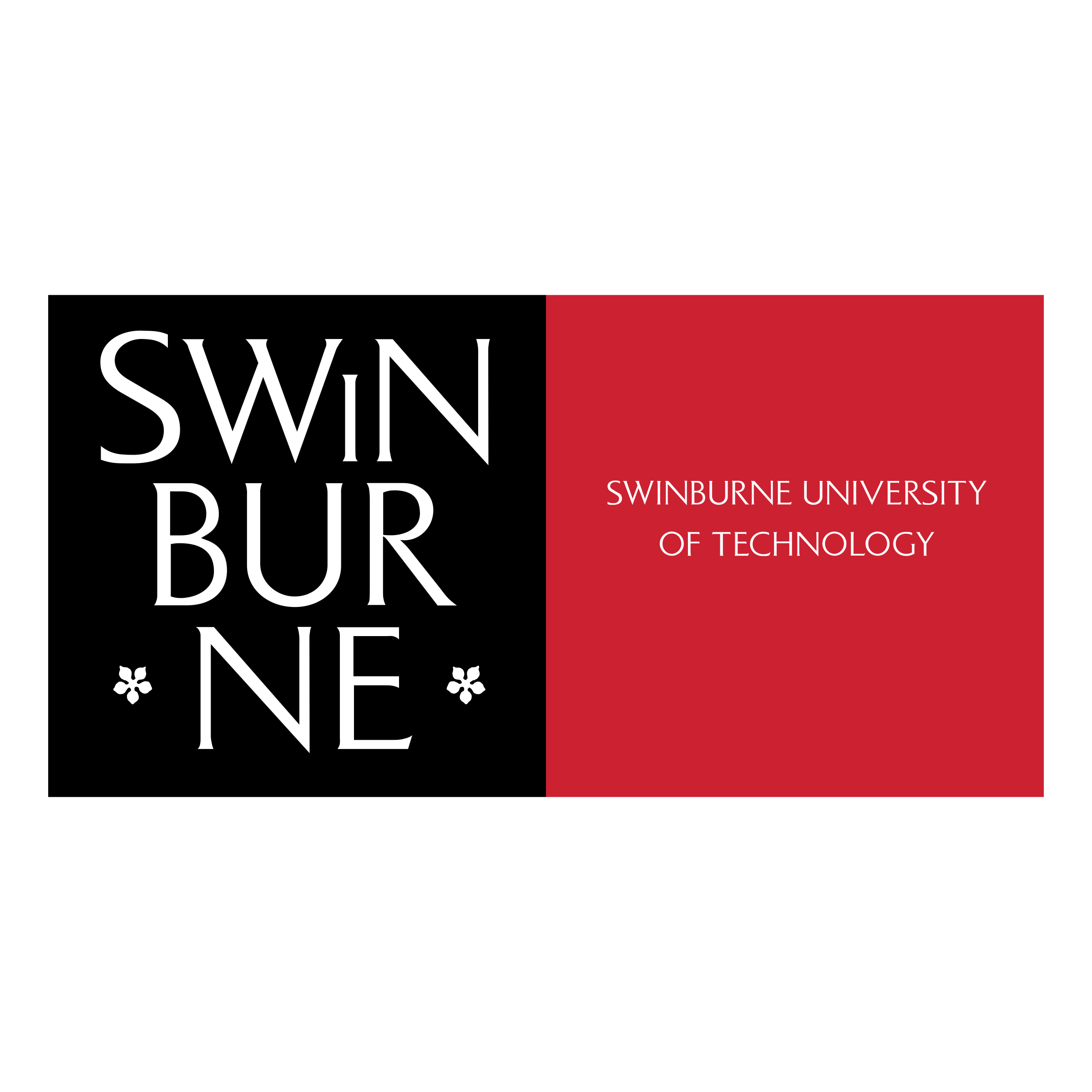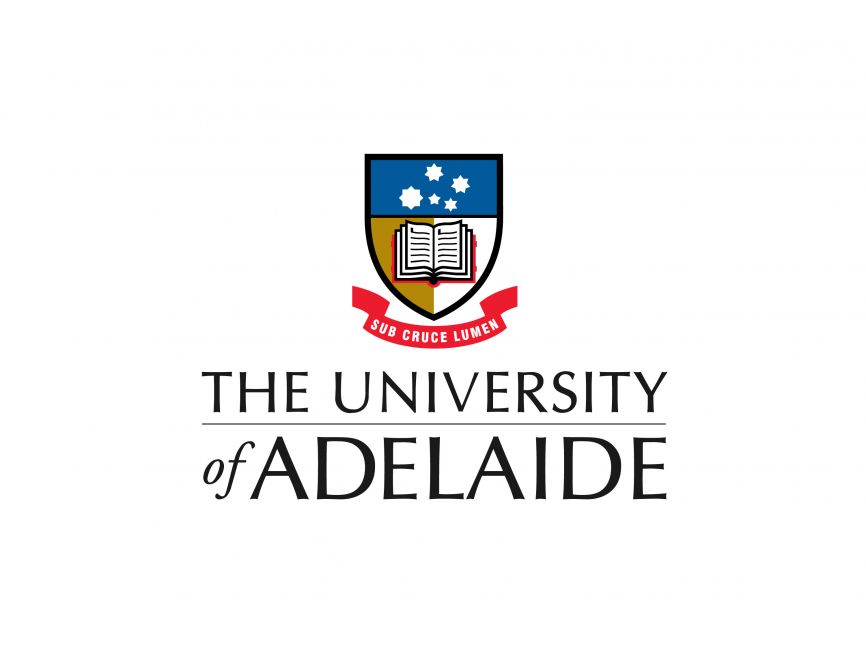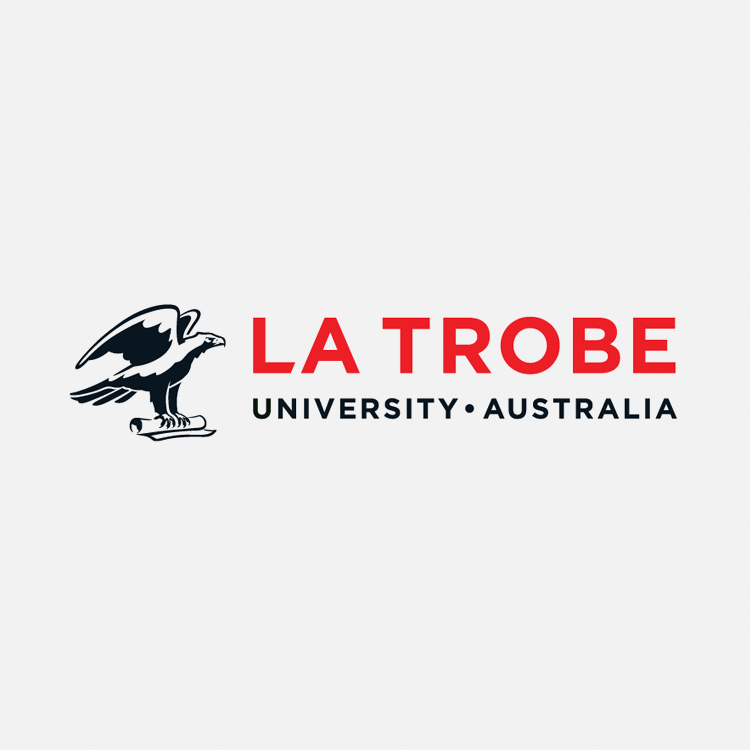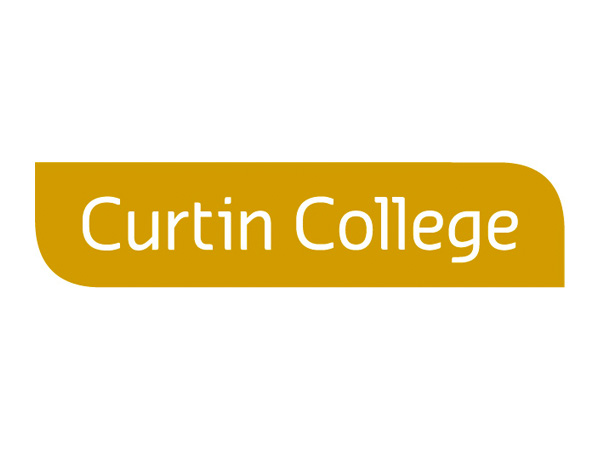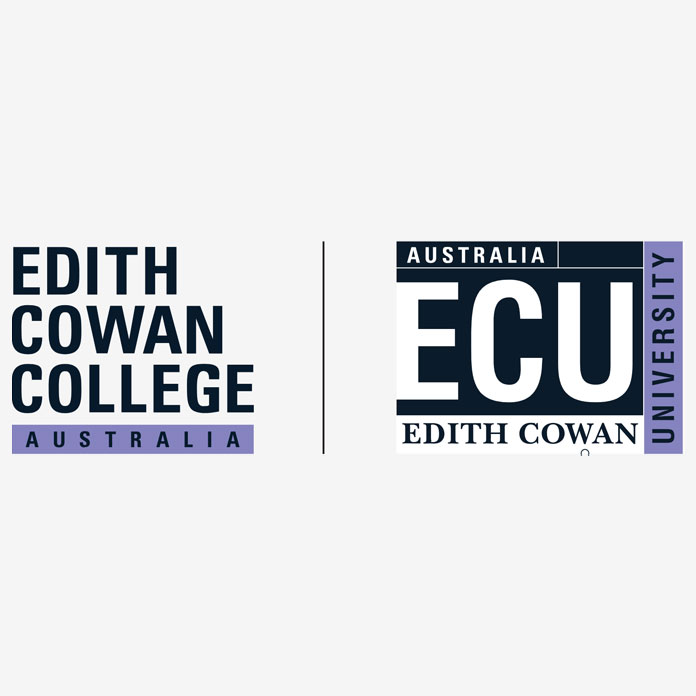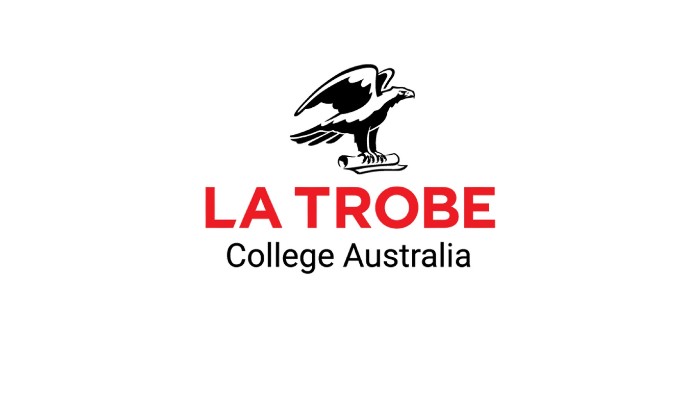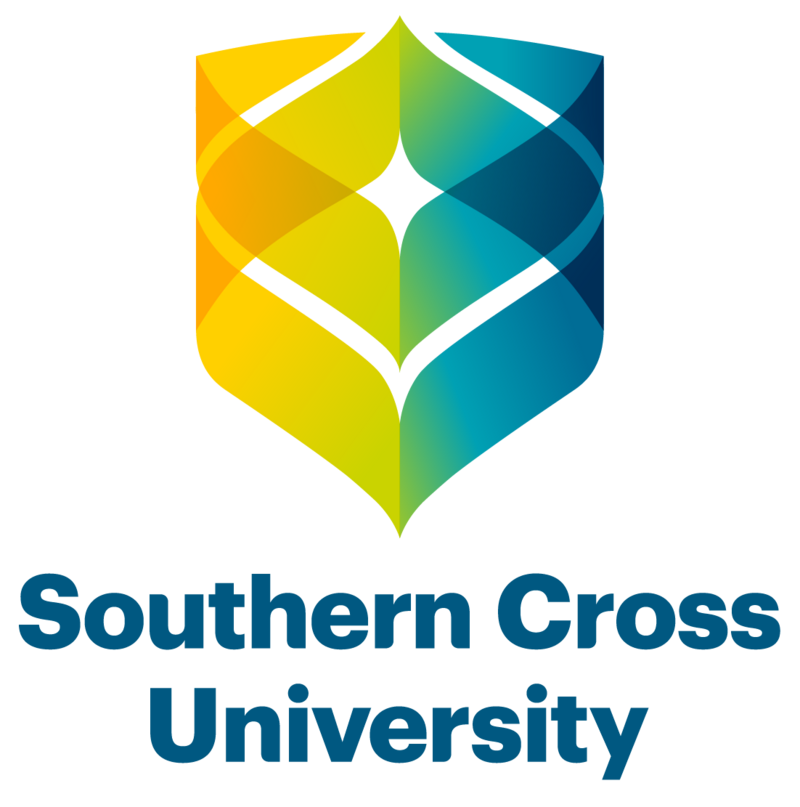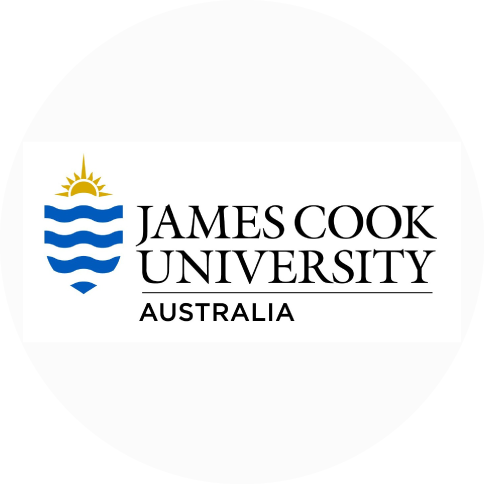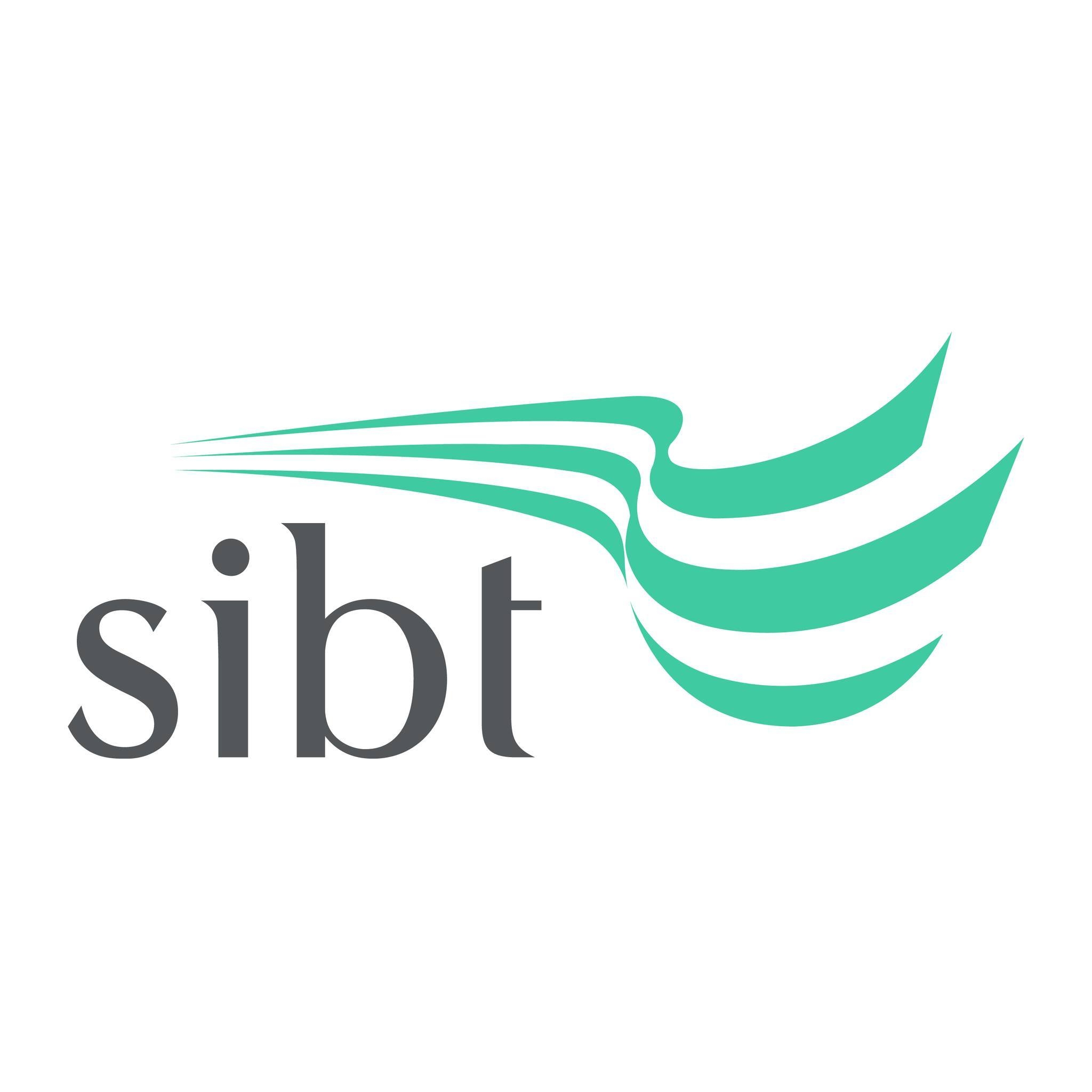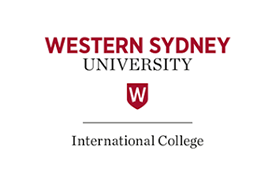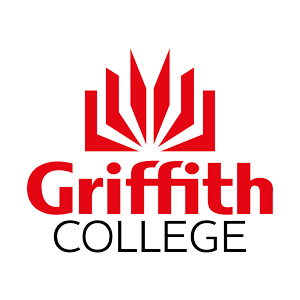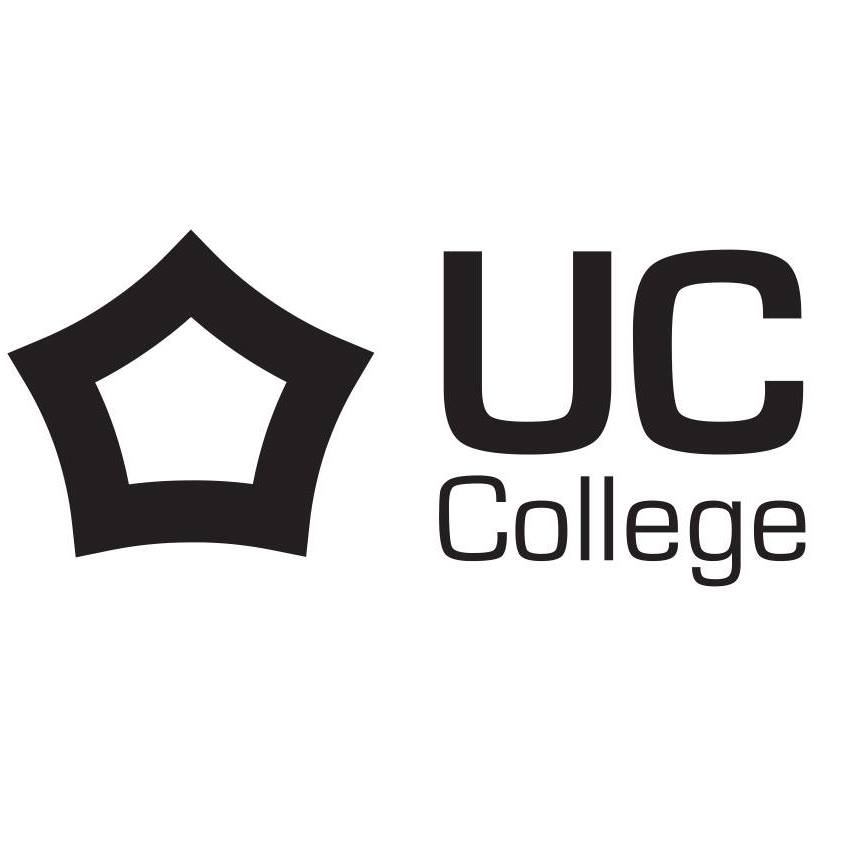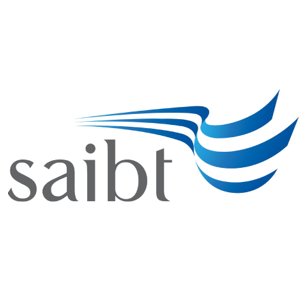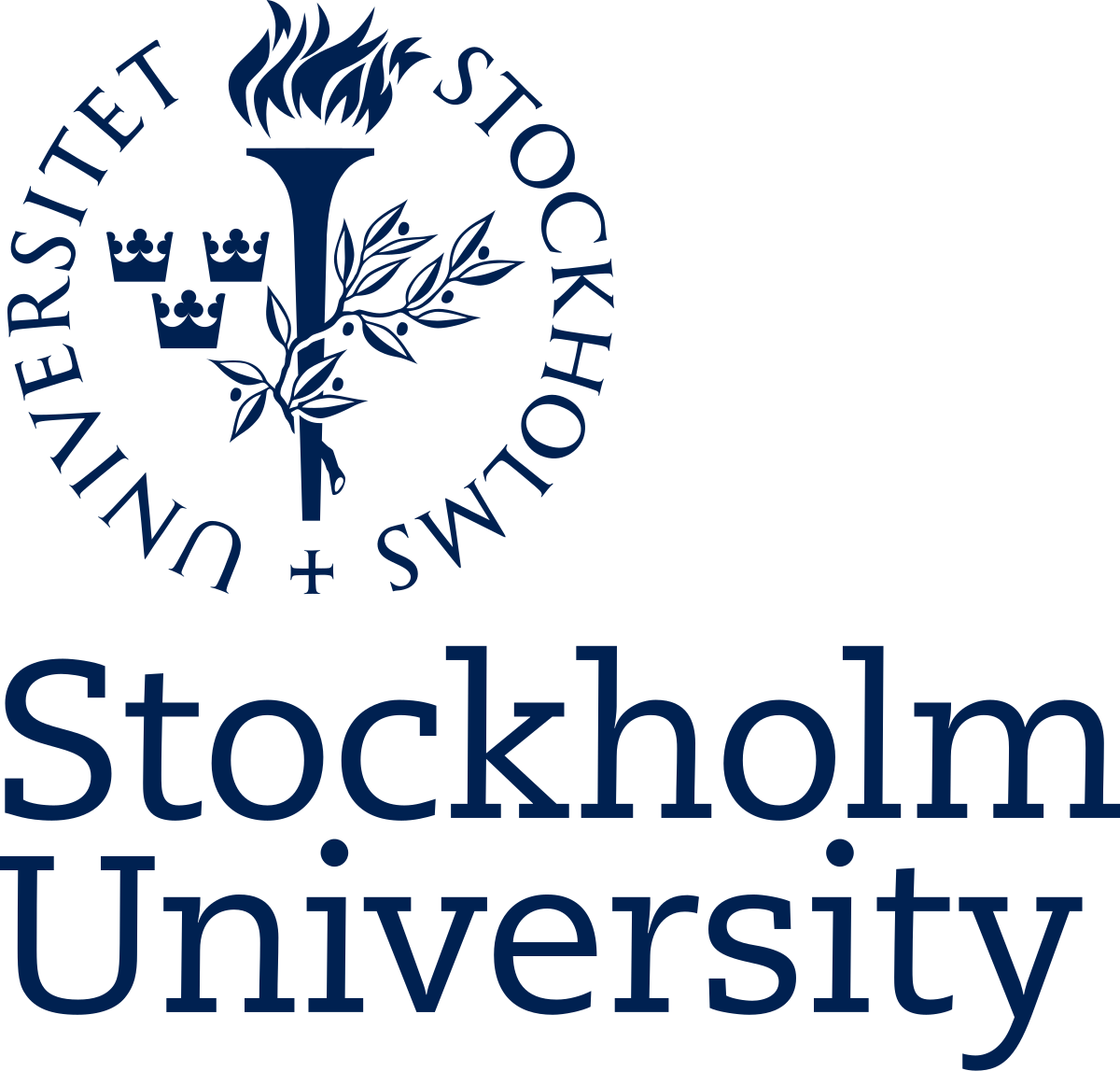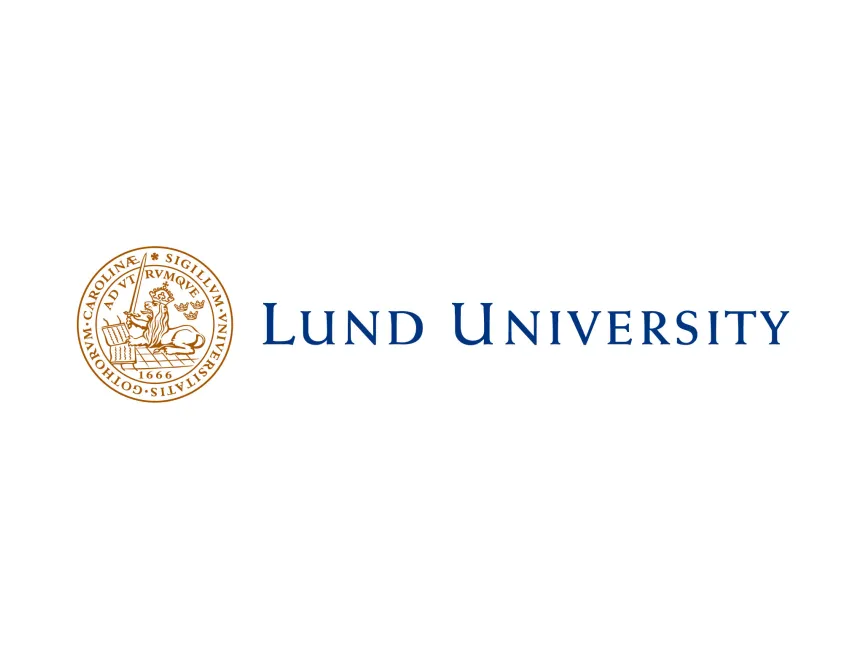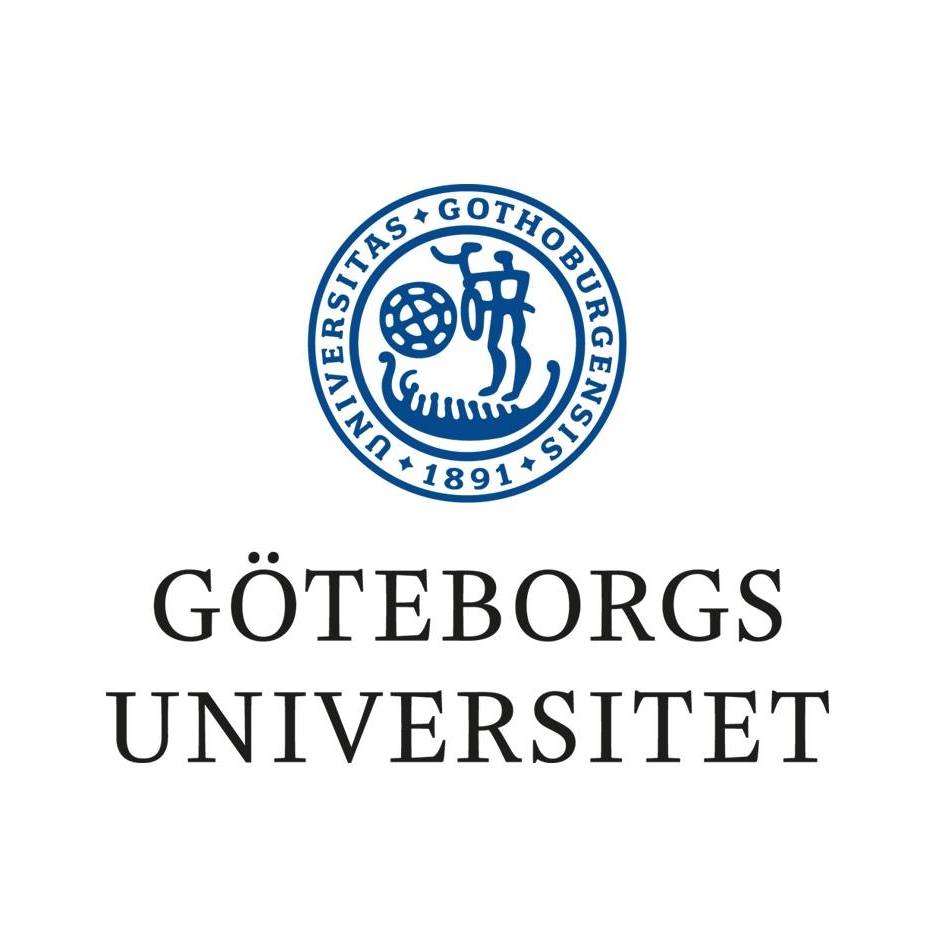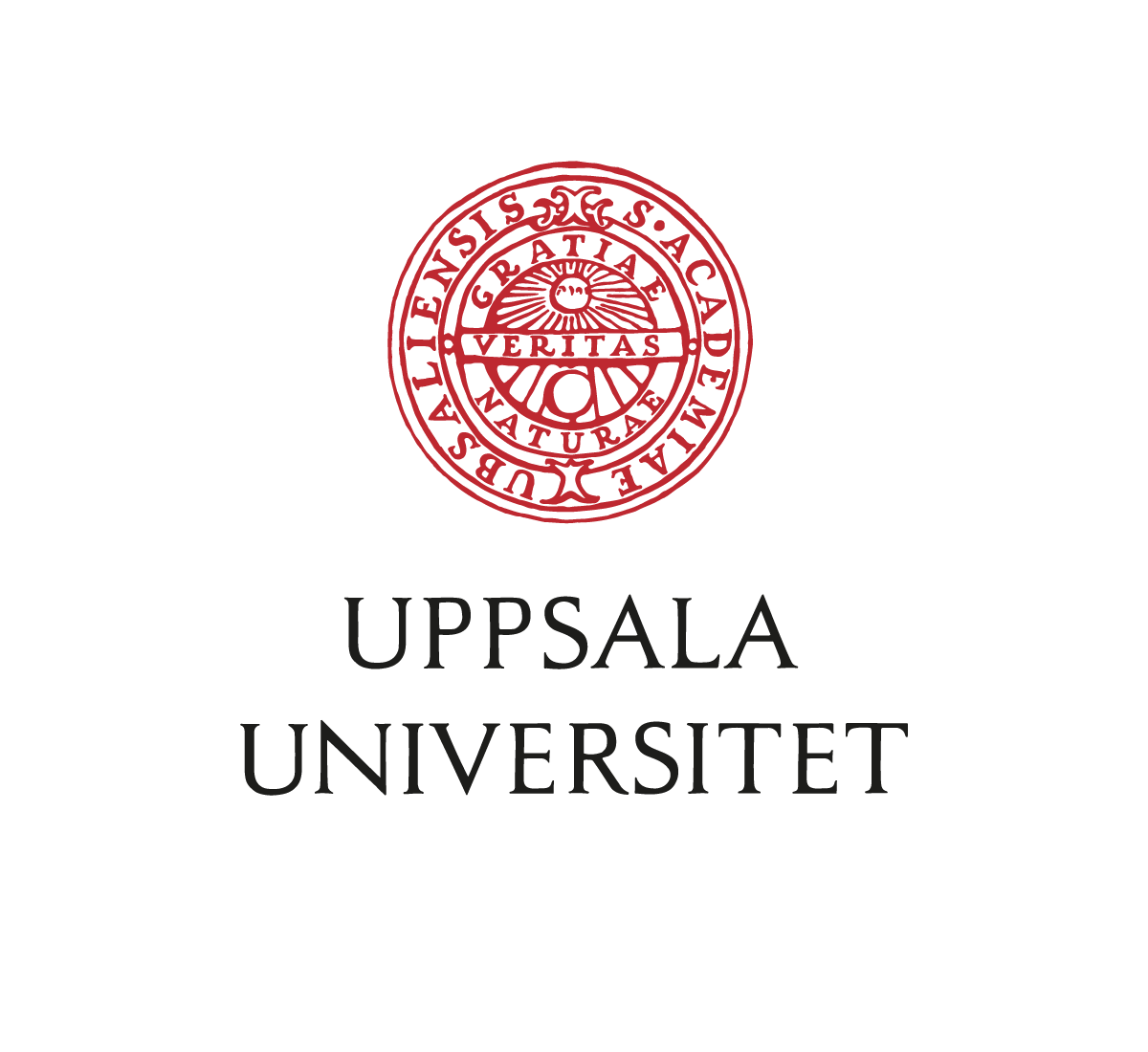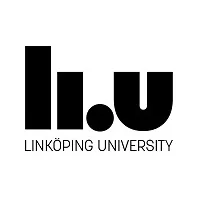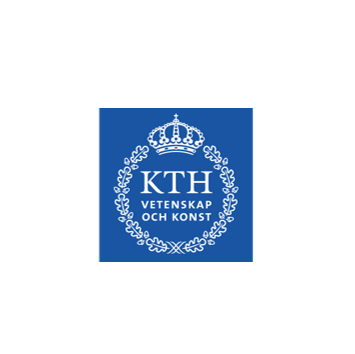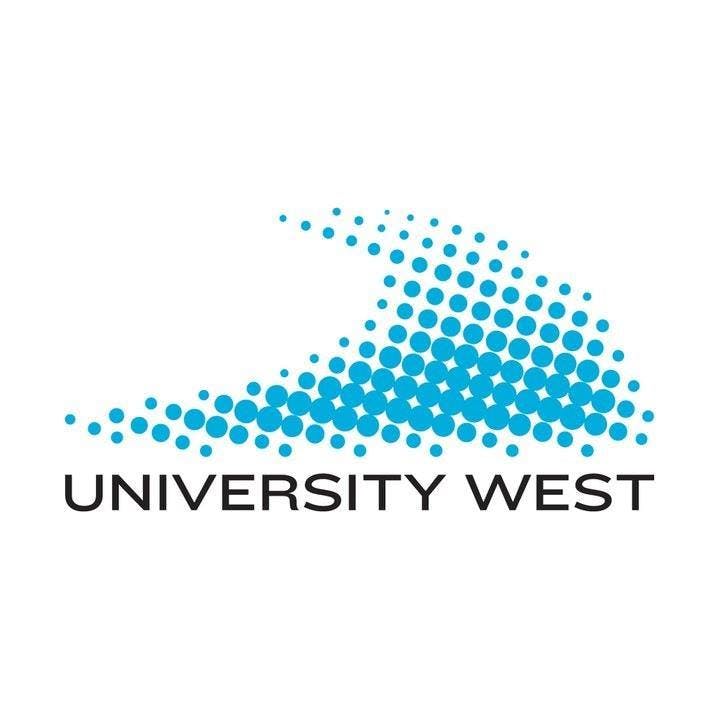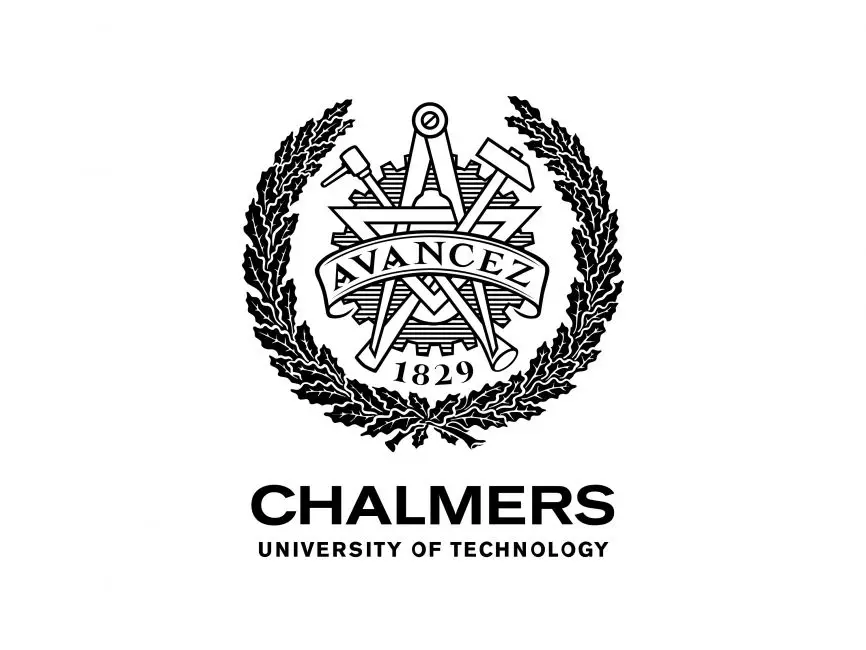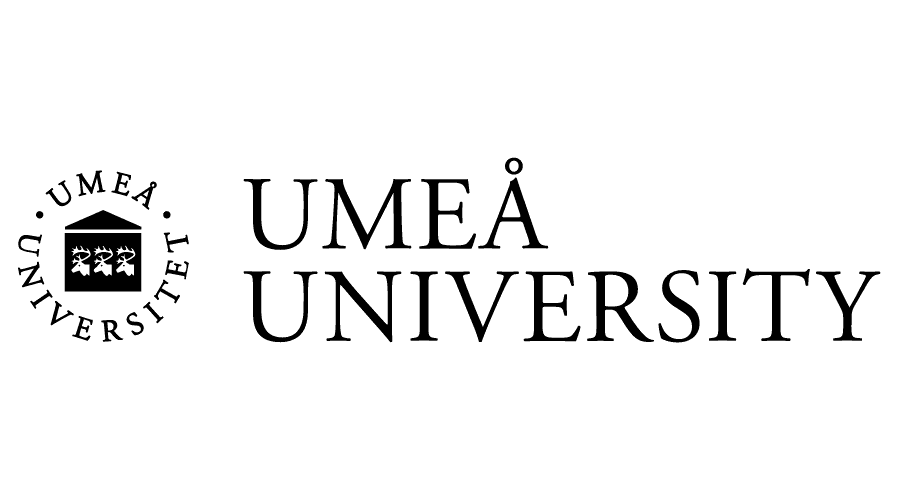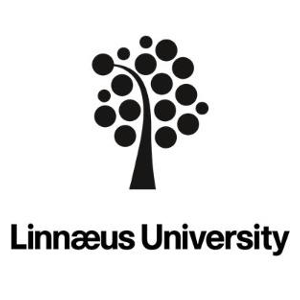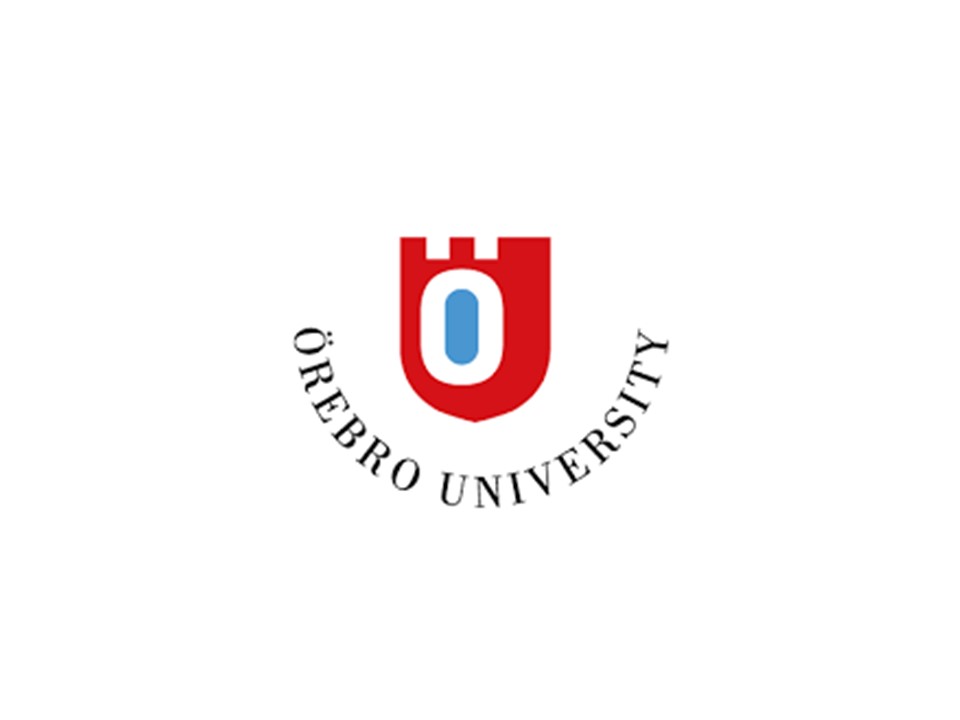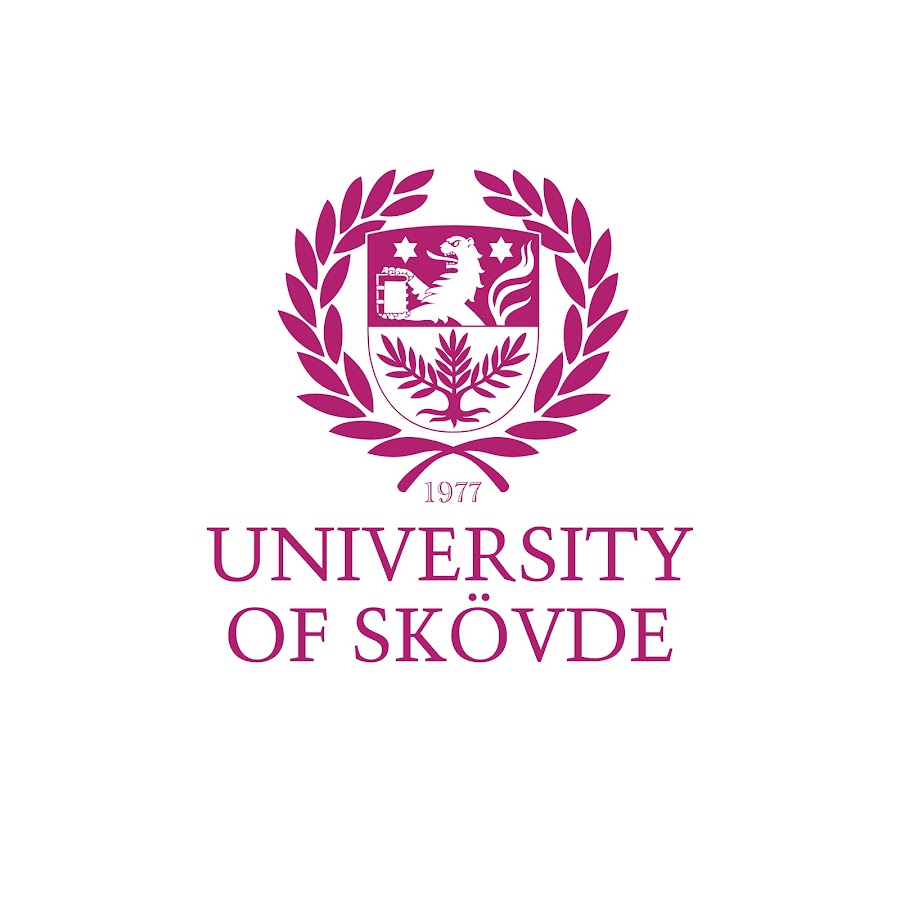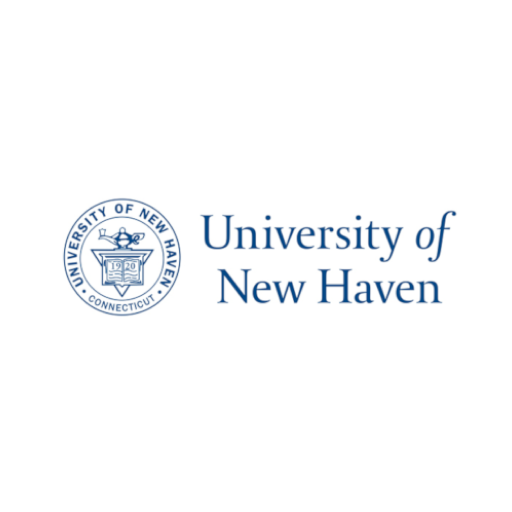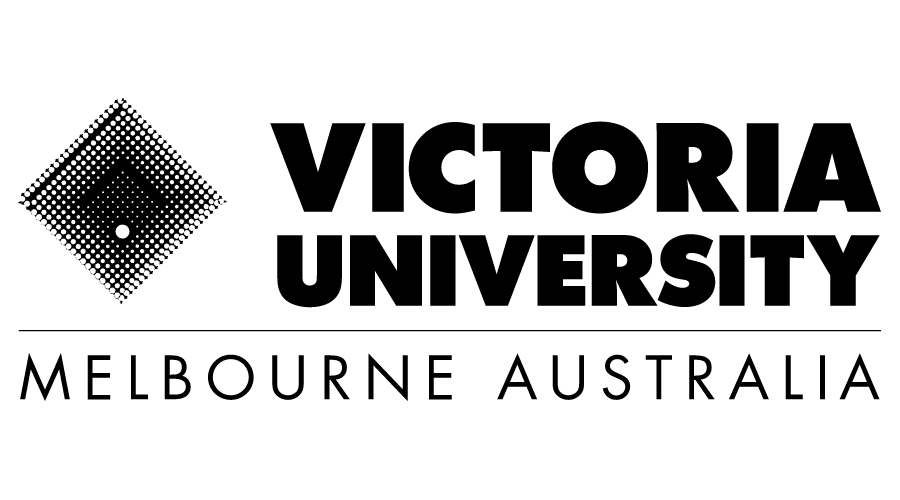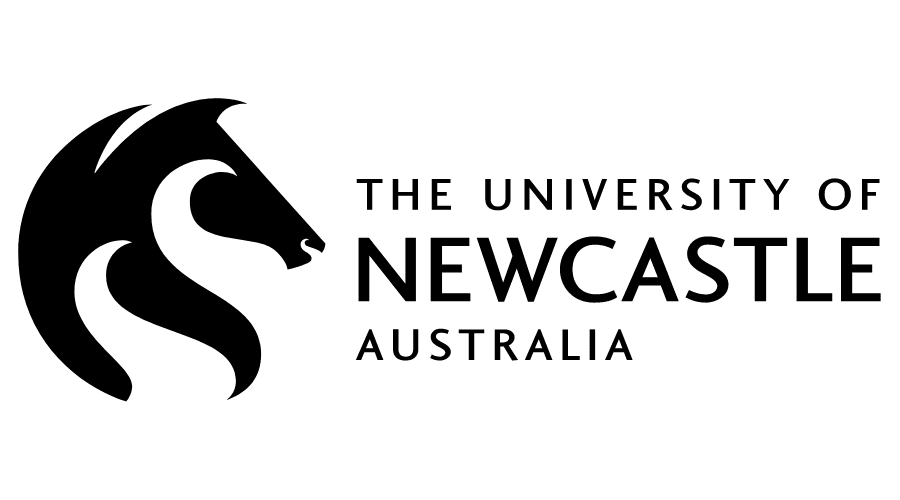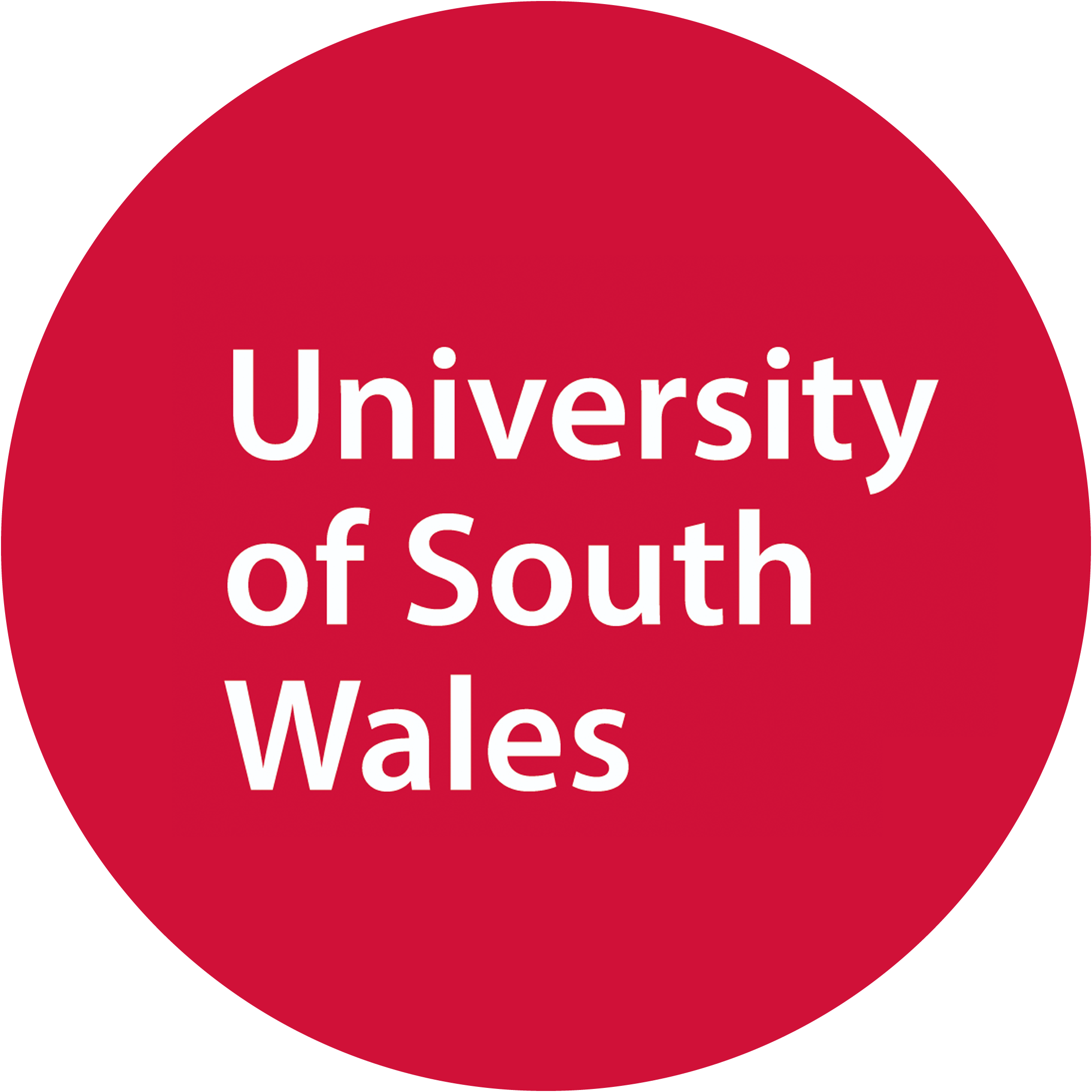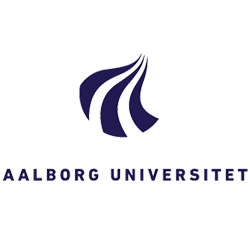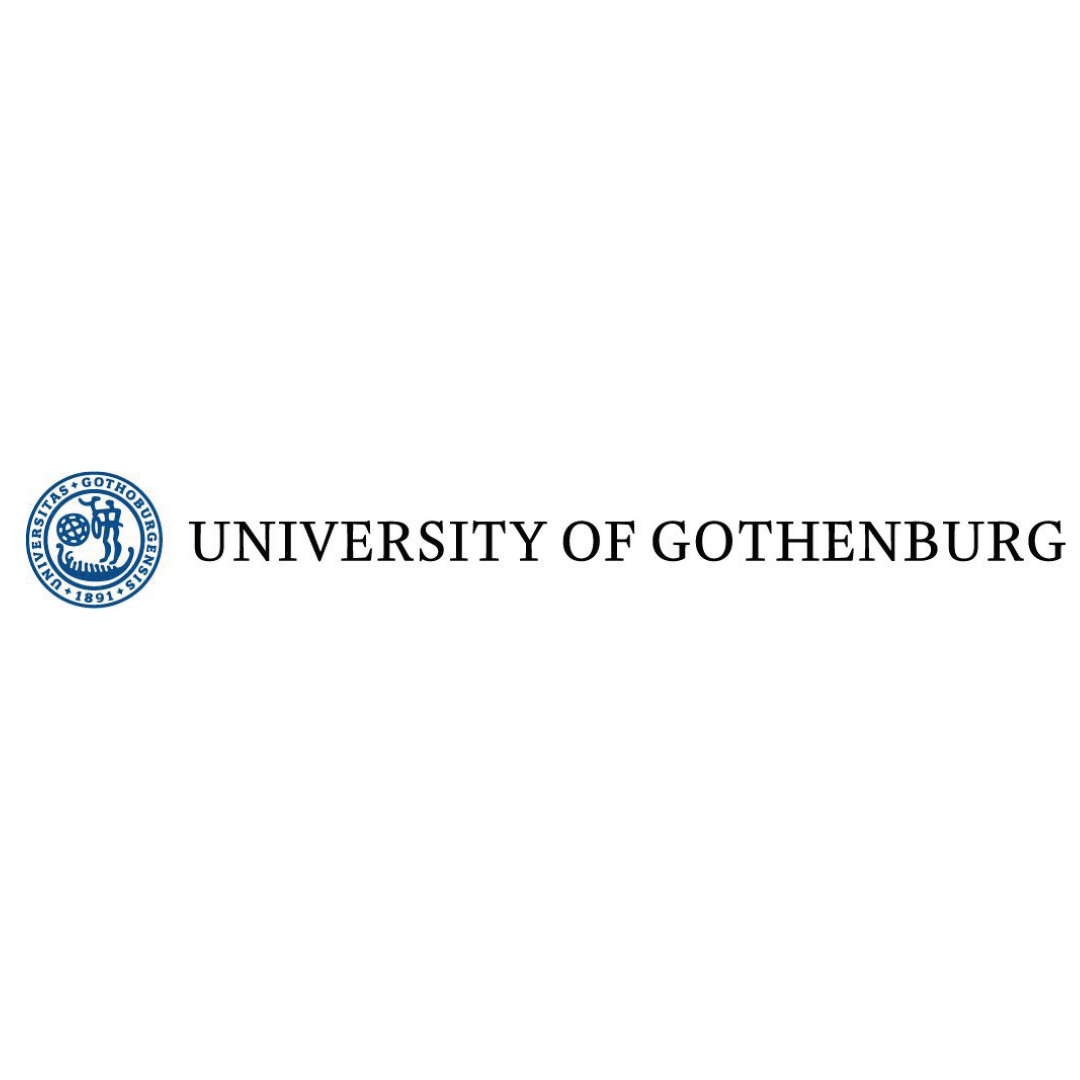The Faculty of Education at Lakehead University offers a Master of Education program designed to meet students' professional and academic goals and interests. Lakehead University's Master of Education (MEd) program provides students with a unique learning opportunity, which addresses the current landscape of both education and research. This program consists of two distinct fields of study, Educational Studies and Education for Change. The Education for Change field provides an innovative learning experience that allows students to complete their Master's of Education with one of the following specializations: Environmental and Sustainability Education (ESE) Indigenous Education (IE) Social Justice Education (SJE) The Educational Studies field offers students the opportunity to earn their Master's of Education while studying educational research, theory, and practice in a variety of educational contexts, as well as the chance to specialize in Gerontology or Women's Studies.
| Total Subjects |
|
| Total Credits |
30 |
| Intake |
January, September |
| English Proficiency Level |
IELTS: 6.5 no band less than 6, TOEFL: 80.0 no band less than 19 PTE: 58.0 no band less than 50 |
| Duration |
2 Years |
The Economics program offers training in core economic theory courses as well as a number of field options. Most students opt for the non-thesis option given that it is the standard in most graduate Economics programs in North America. This option consists of eight half courses and an extended research paper. Many students will take six courses during their first year (three in fall, three in winter); two courses in the fall of the second year and complete their extended paper in the winter of the second year. The purpose of the co-op option is to provide students with an opportunity to apply knowledge and skills acquired in the classroom and to obtain new insights and educational experiences. Two four-month work terms (which may be taken consecutively) follow the first two terms of study. To proceed to the co-op option, students must complete at least six half courses chosen from those required for the thesis and non-thesis options. The Departmental recommendation for the work terms will be based on the student’s academic performance and an interview with the Selection Committee consisting of representatives of the Department and the Student Success Centre. In consultation with the Department, the Career and Co-operative Education Services will make every effort to obtain suitable placements. Upon completion of the work terms, students will return to complete the remainder of their program.
| Total Subjects |
|
| Total Credits |
30 |
| Intake |
September |
| English Proficiency Level |
IELTS: 6.5 no band less than 6, TOEFL: 80.0 no band less than 19 PTE: 58.0 no band less than 50 |
| Duration |
2 Years |
A program of graduate study leading to the two year (six semester) M.Sc. degree is offered in the Department of Biology within the Faculty of Science and Environmental Studies. The Department's faculty and adjuncts offer exciting graduate research opportunities in all areas of Biology including studies in association with the Department of Anthropology, Lakehead's Biorefining Research Institute, the Northern Ontario School of Medicine, the Thunder Bay Regional Health Sciences Centre, the Thunder Bay Regional Research Institute, and the Centre for Northern Forest Ecosystem Research. The Department maintains modern laboratories and animal care facilities, unique field sites, and access to a wide spectrum of analytical services. Research themes include testing theories of global significance to applications in environmental biology, wildlife management, and human health.
| Total Subjects |
|
| Total Credits |
30 |
| Intake |
September |
| English Proficiency Level |
IELTS: 6.5 no band less than 6, TOEFL: 80.0 no band less than 19 PTE: 58.0 no band less than 50 |
| Duration |
2 Years |
The Course-based Master’s degree (Master’s in Forest Management) emphasizes professional development in forest management, policy, geomatics, and ecology. The degree entails 4 terms of coursework (16 months). Three terms are on campus and one term, comprised of an internship and field school, is off-campus. Lakehead's professional programs are designed to offer a balanced view of sustainable ecosystem management with regard to the many social, economic, and environmental challenges which faces the world now and into the future. The primary objective of the Faculty of Natural Resources Management is to advance the practice of natural resources management in Canada by producing skilled and educated foresters and environmental managers who have the desire to manage forests and forested landscapes for the benefit of both society and the natural environment."
| Total Subjects |
|
| Total Credits |
30 |
| Intake |
January, September |
| English Proficiency Level |
IELTS: 6.5 no band less than 6, TOEFL: 80.0 no band less than 19 PTE: 58.0 no band less than 50 |
| Duration |
16 Months including an internship |
The Master of Arts Social Justice Studies is an innovative, interdisciplinary program. The program prepares students to work, research and advocate towards a more socially just society which values equality, solidarity and human rights and recognizes the citizenship of each human being. The program has three streams: an MA in Social Justice Studies, a Specialization in Social Justice Studies, and an MA in Social Justice Studies with a Specialization in Gender and Women's Studies. Within the MA they may choose the course stream, a research project stream, a creative project stream, or a practicum stream.
| Total Subjects |
|
| Total Credits |
30 |
| Intake |
September |
| English Proficiency Level |
IELTS: 6.5 no band less than 6, TOEFL: 80.0 no band less than 19 PTE: 58.0 no band less than 50 |
| Duration |
2 Years |
In the Master of Public Health program, students will focus on current issues in the science and/or service of public health, so that they may gain experience through opportunities in any of the fundamental disciplines that underlie public health. The program is primarily intended to prepare graduates for a career in public health practice. The program's objectives are to prepare a graduate who: possesses advanced health-related education is capable of critical analysis understands health-related decision-making at the level of the individual, population, and government understands research possesses knowledge exchange and dissemination strategies for individuals, populations, and government
| Total Subjects |
|
| Total Credits |
30 |
| Intake |
September |
| English Proficiency Level |
IELTS :7.0 no band less than 6.5, TOEFL:100.0 band less than 24.0, PTE: 65.0 band less than 58.0 |
| Duration |
2 Years |
The course-based Master of Science in Kinesiology is a program for those that are interested in undertaking a more applied, evidence-based pathway that will add value to their credentials both academically and experientially. The program provides professional training, clinical skills upgrading, and research opportunities for current and future practitioners of Kinesiology. The combination of online and on-campus courses gives students the option to live in Thunder Bay or to live in an alternate location and attend the Thunder Bay campus to complete the practical courses. This distance-friendly MSc degree offers students the opportunity to study from home and still engage with professors and peers. The format of course delivery may also allow students to maintain employment while completing their studies. Please note that when applying you will be asked to provide two academic references. NOTE: Students in this program must complete all requirements within 16 months of continuous registration.
| Total Subjects |
|
| Total Credits |
30 |
| Intake |
September |
| English Proficiency Level |
IELTS: 6.5 no band less than 6, TOEFL: 80.0 no band less than 19 PTE: 58.0 no band less than 50 |
| Duration |
2 Years |

